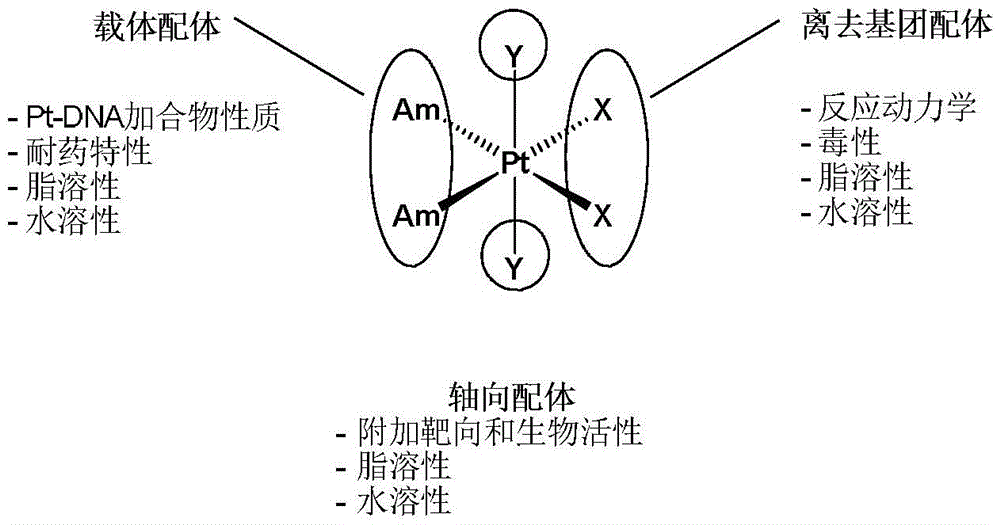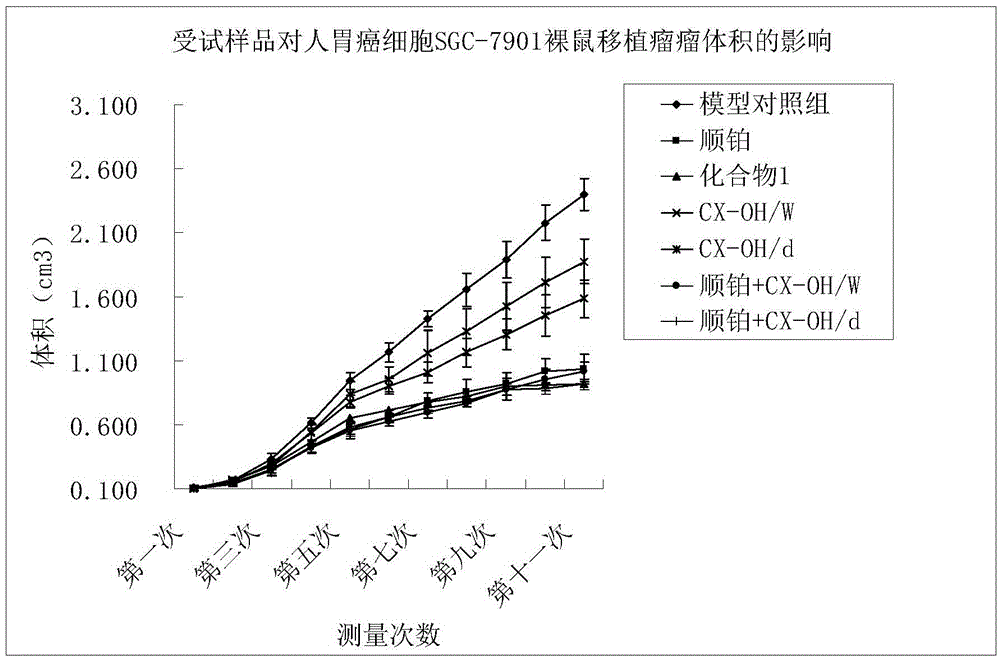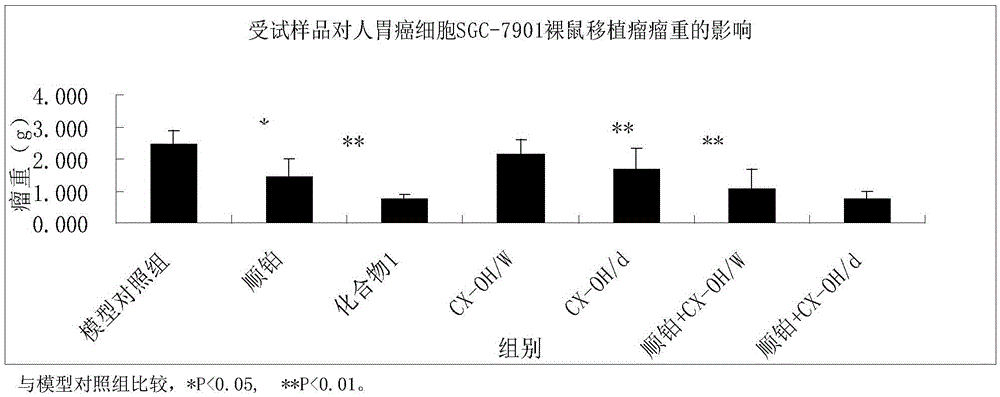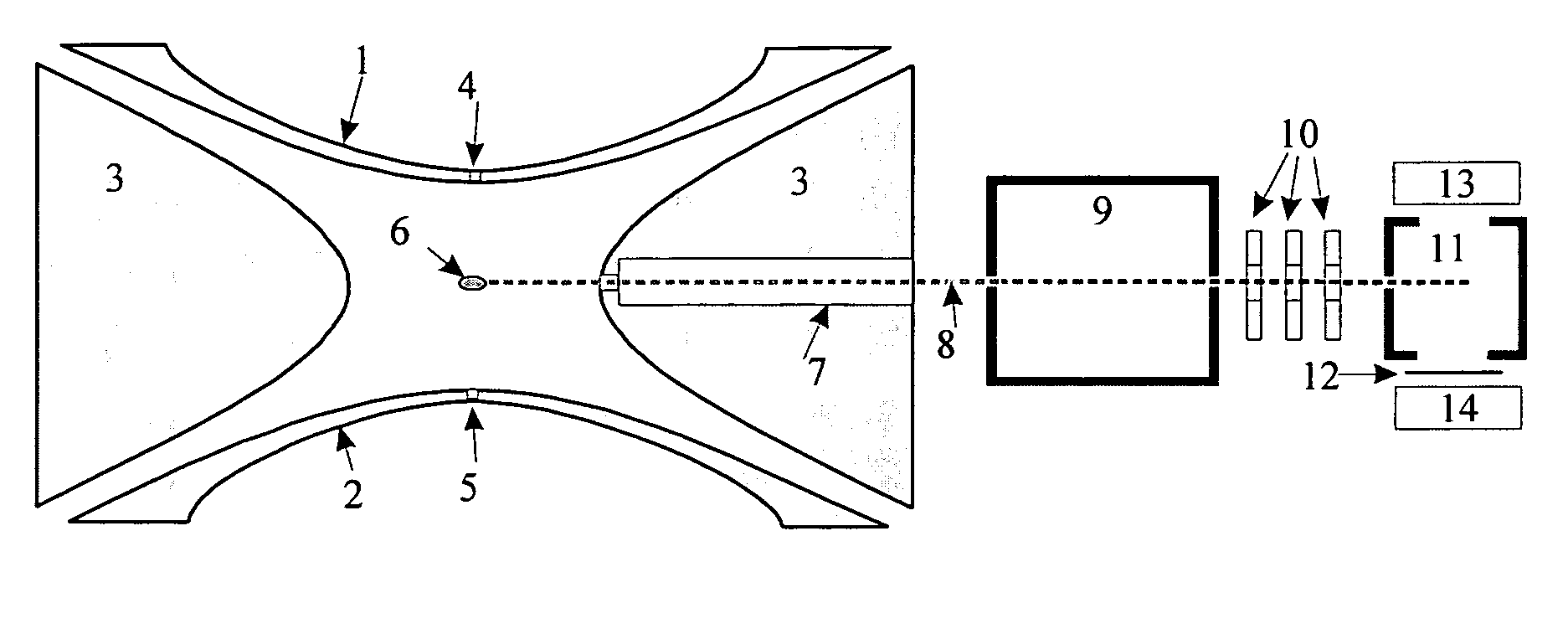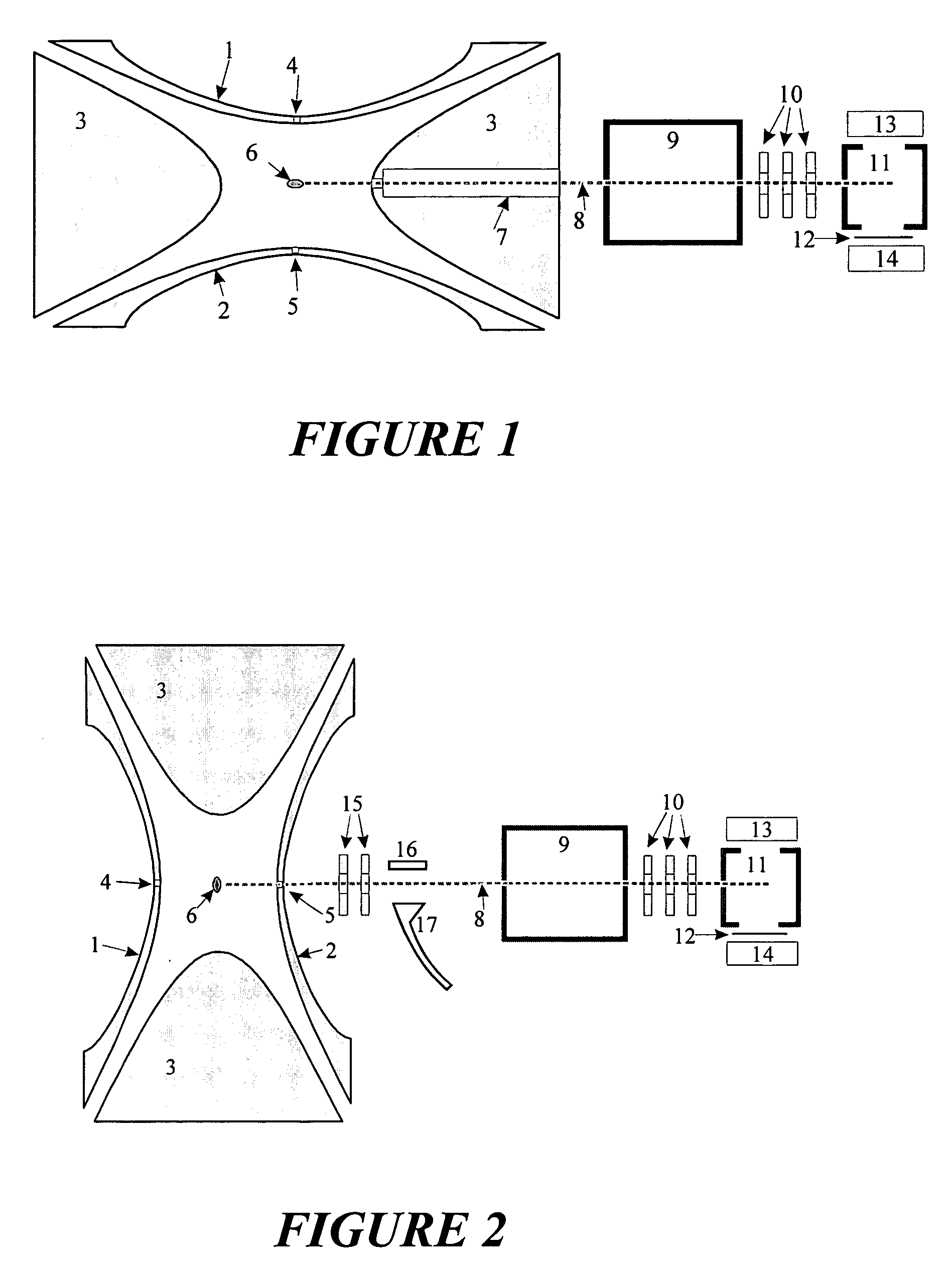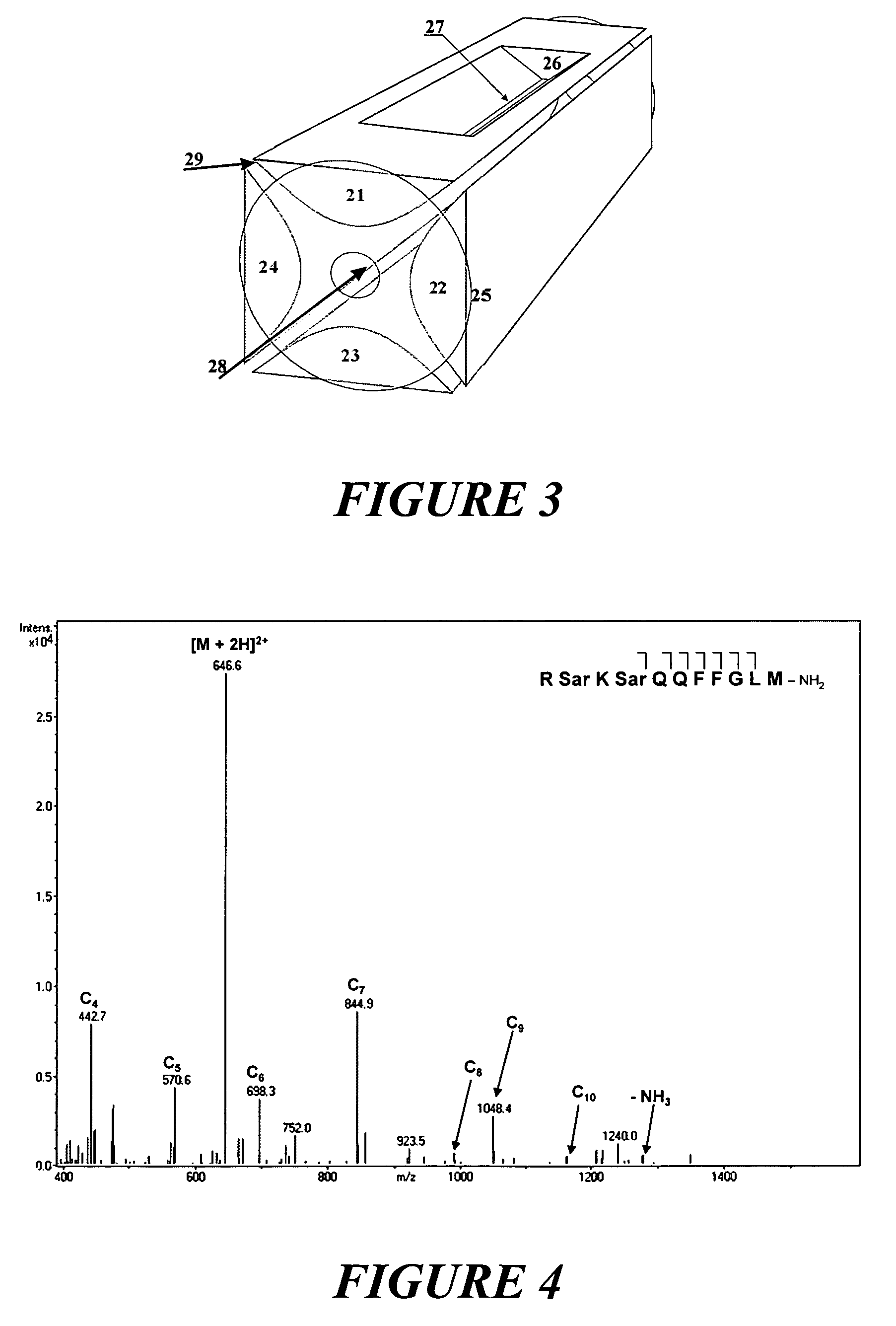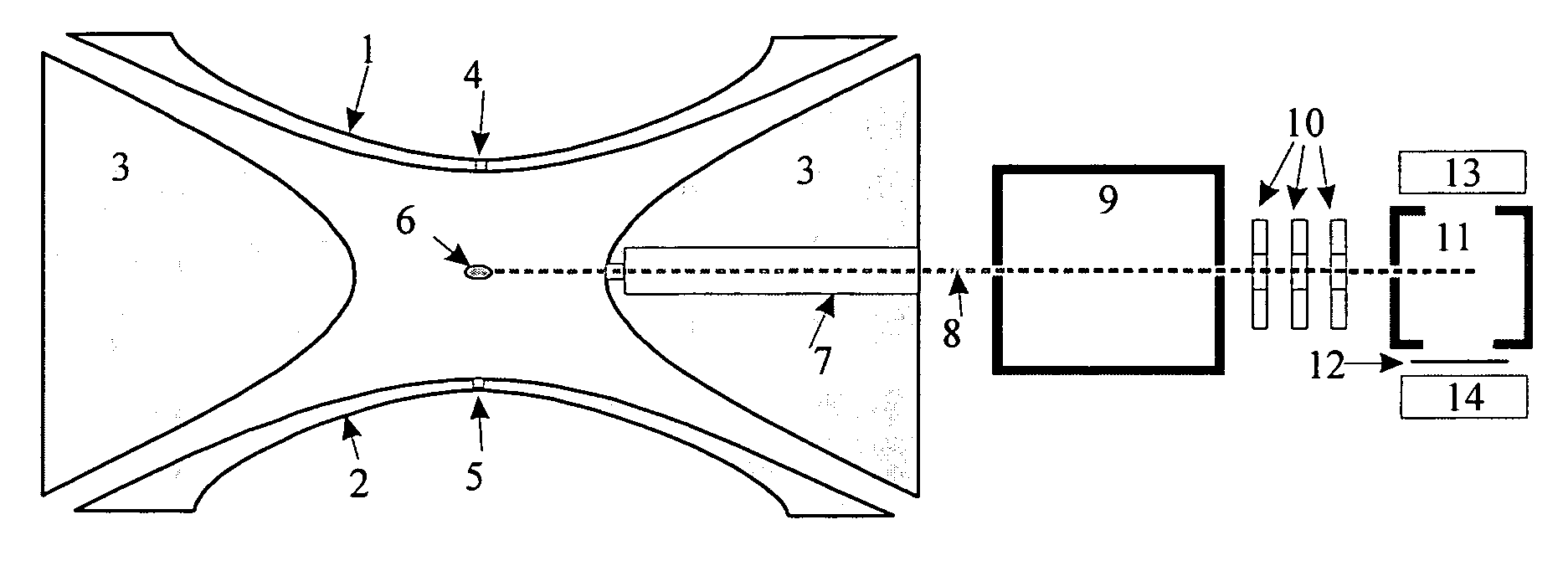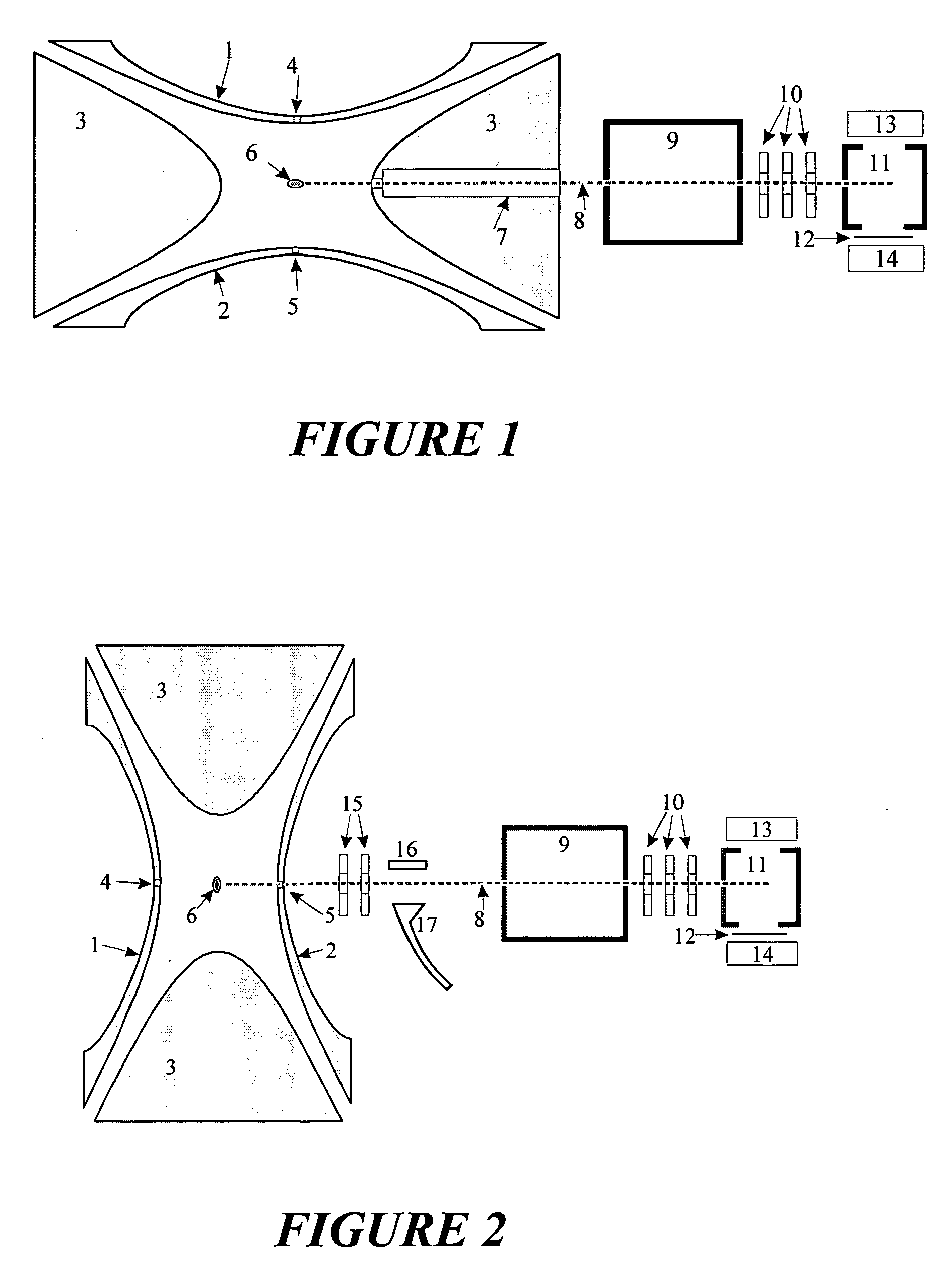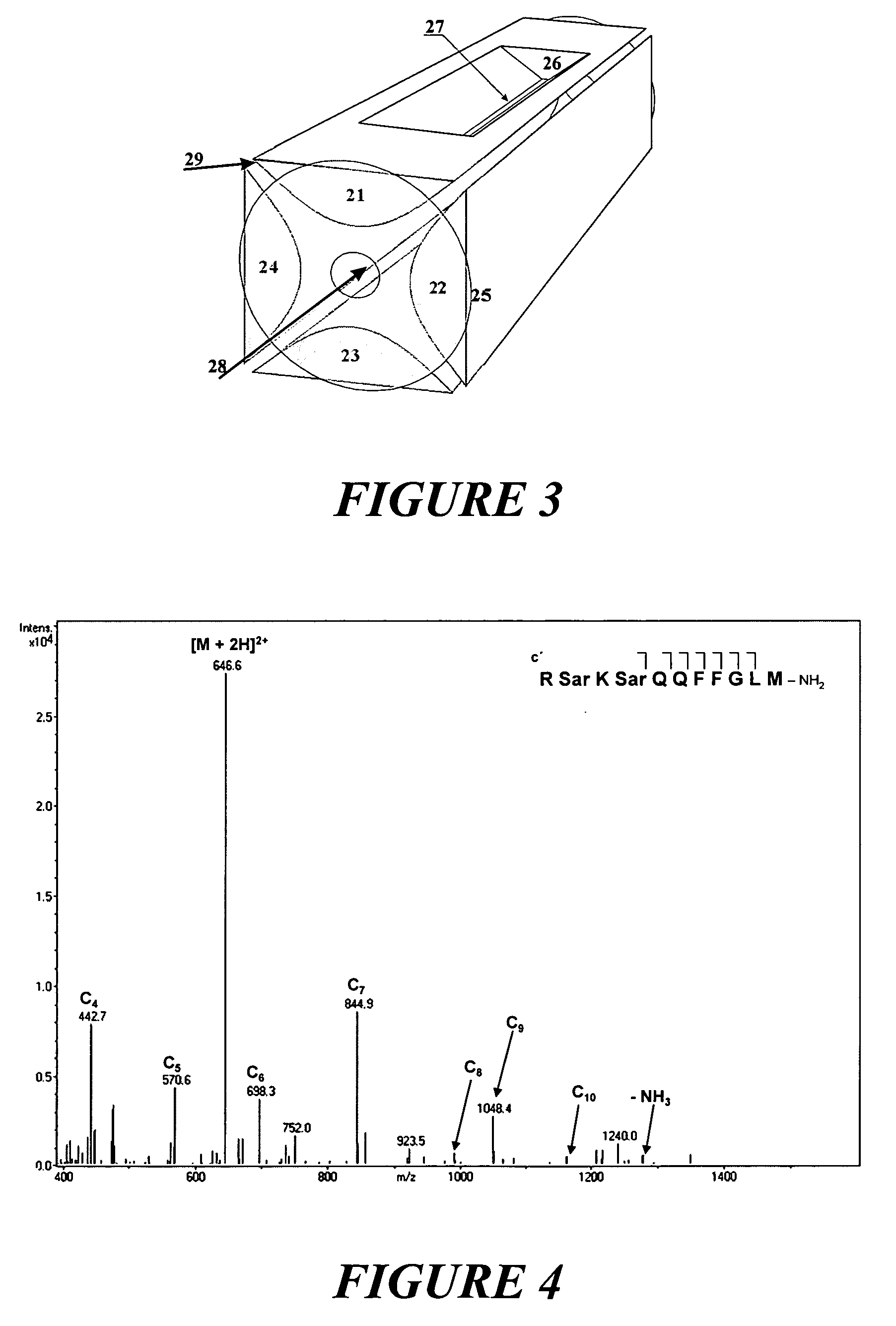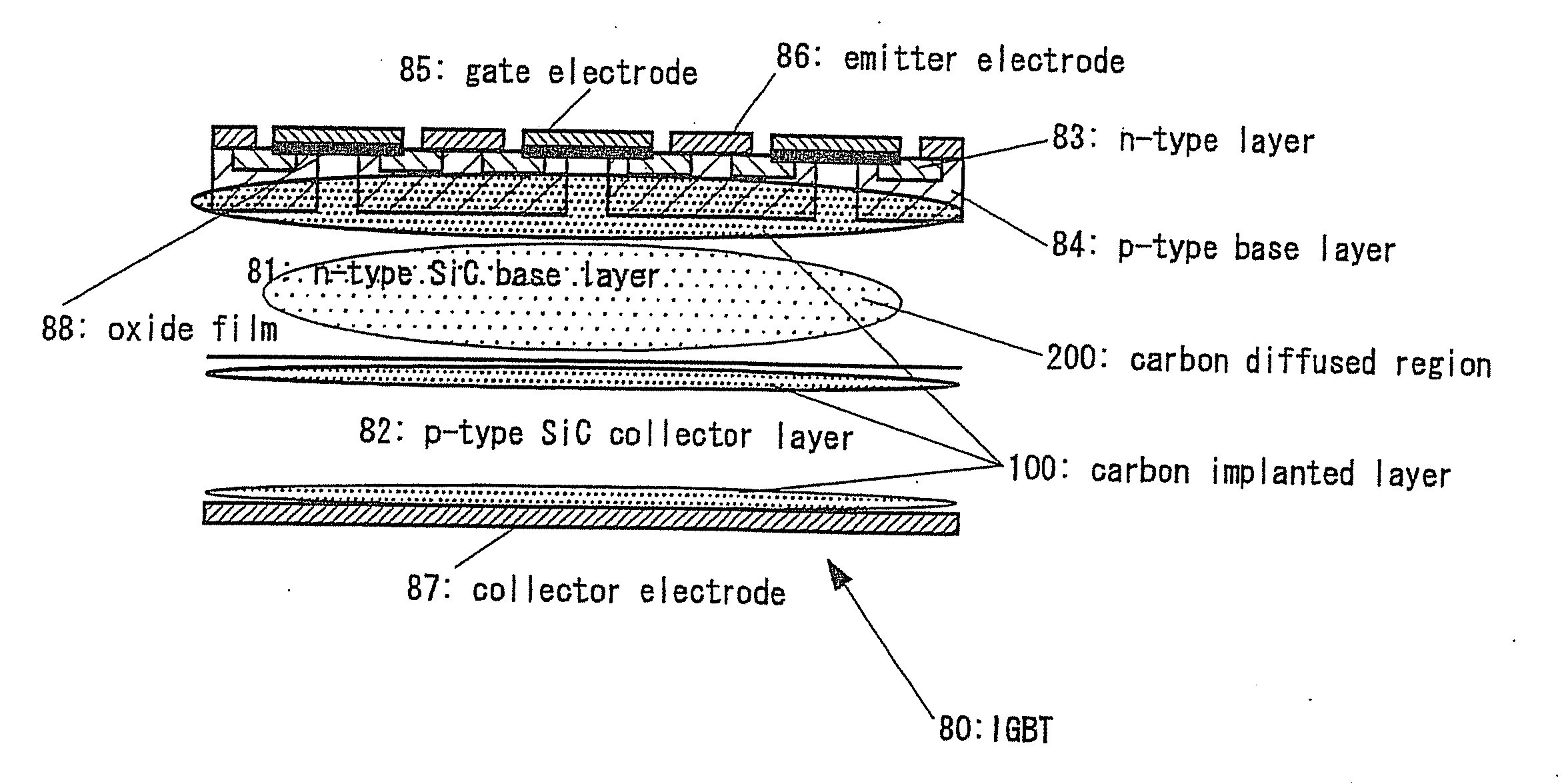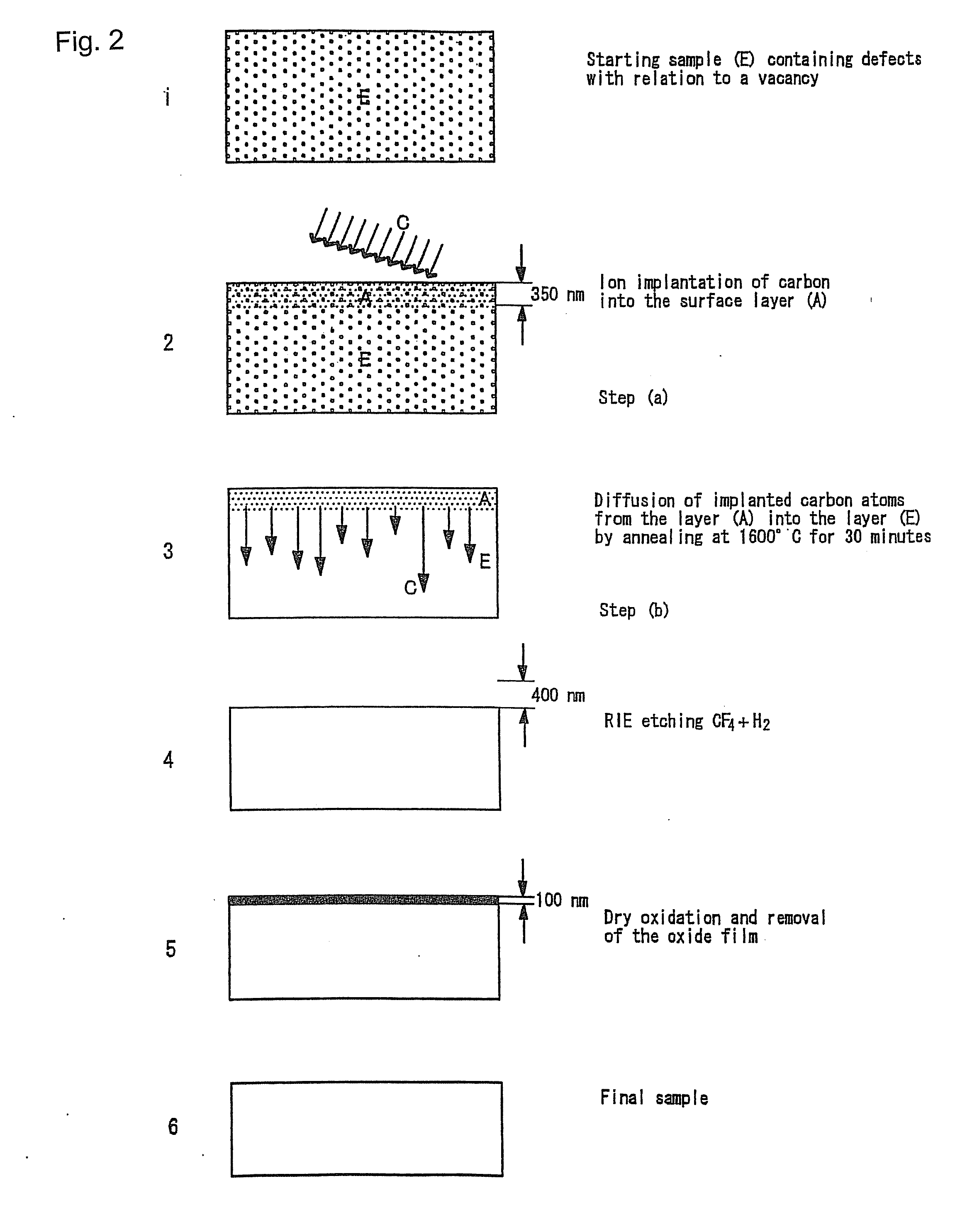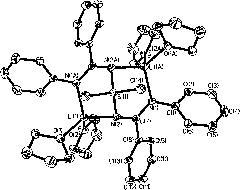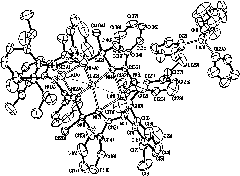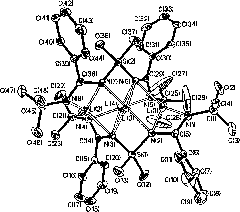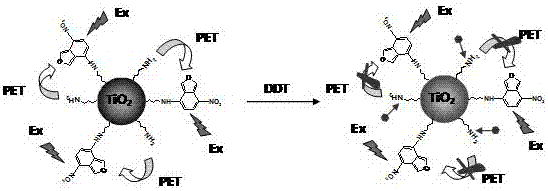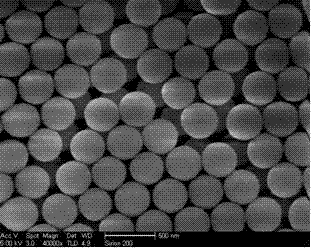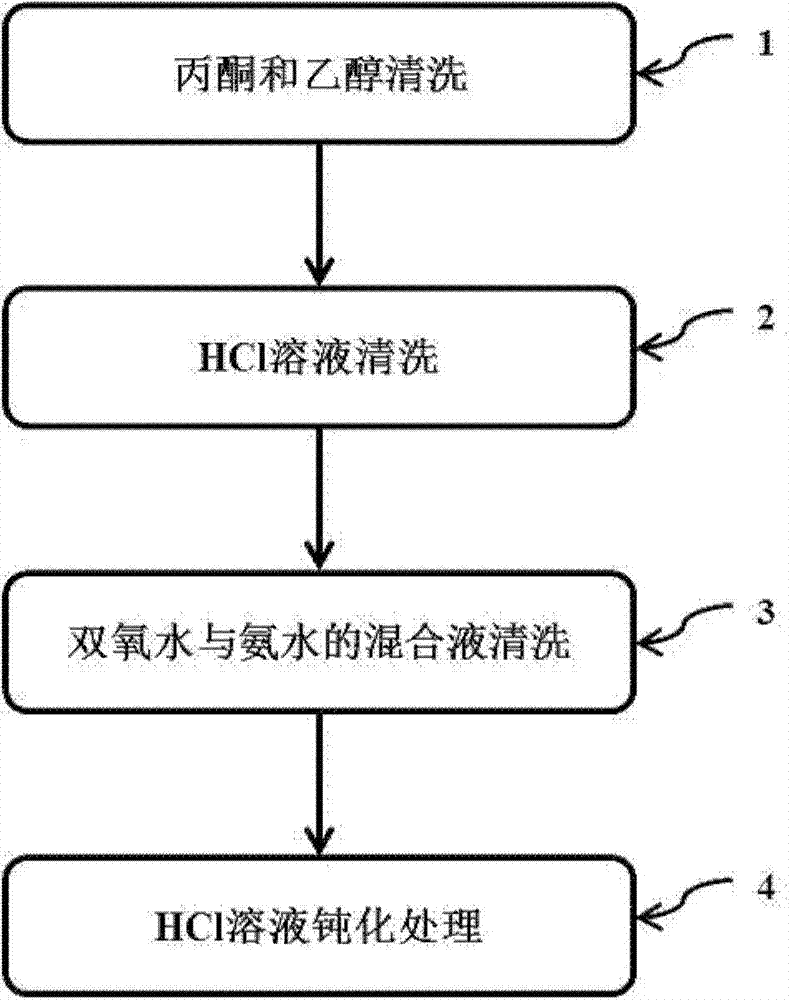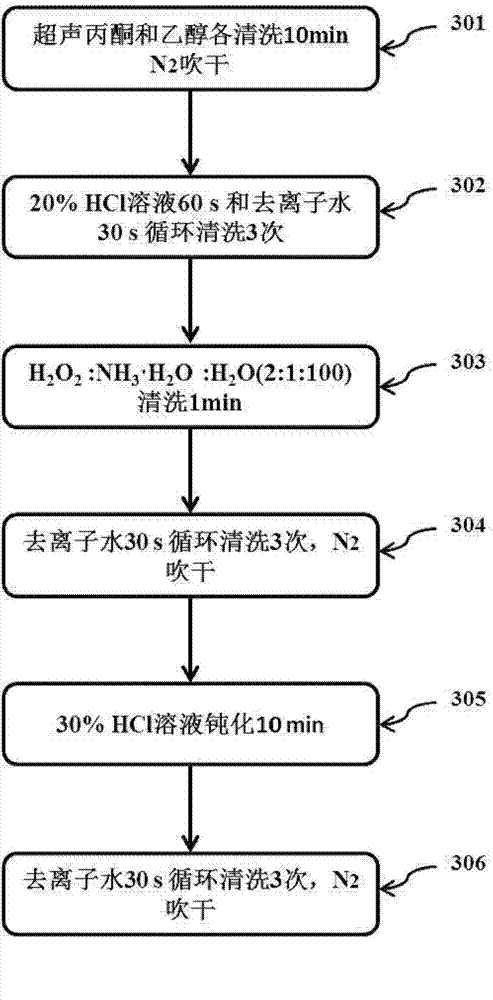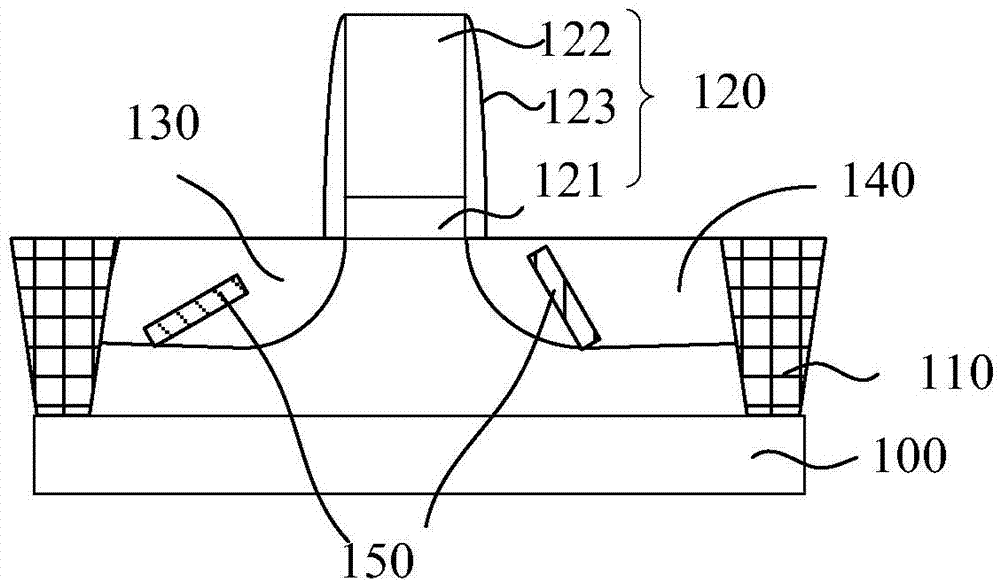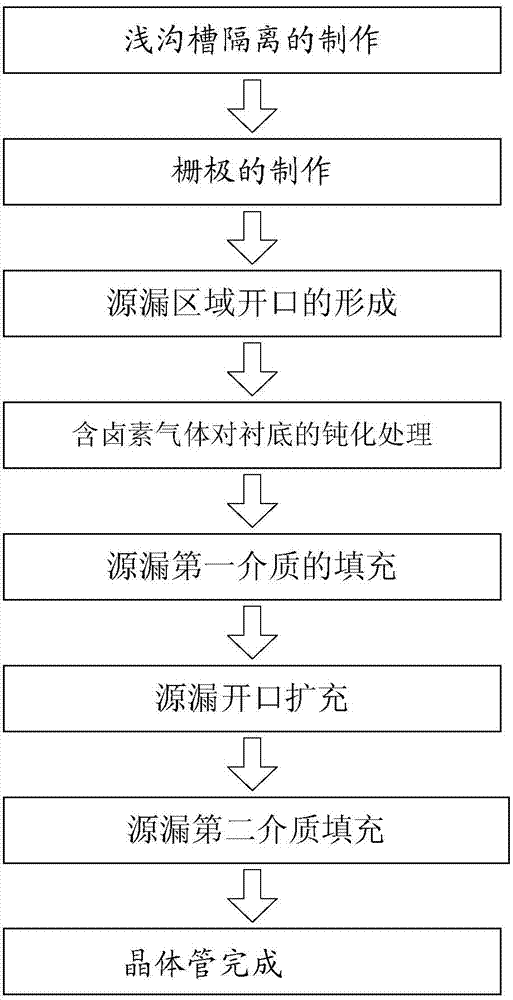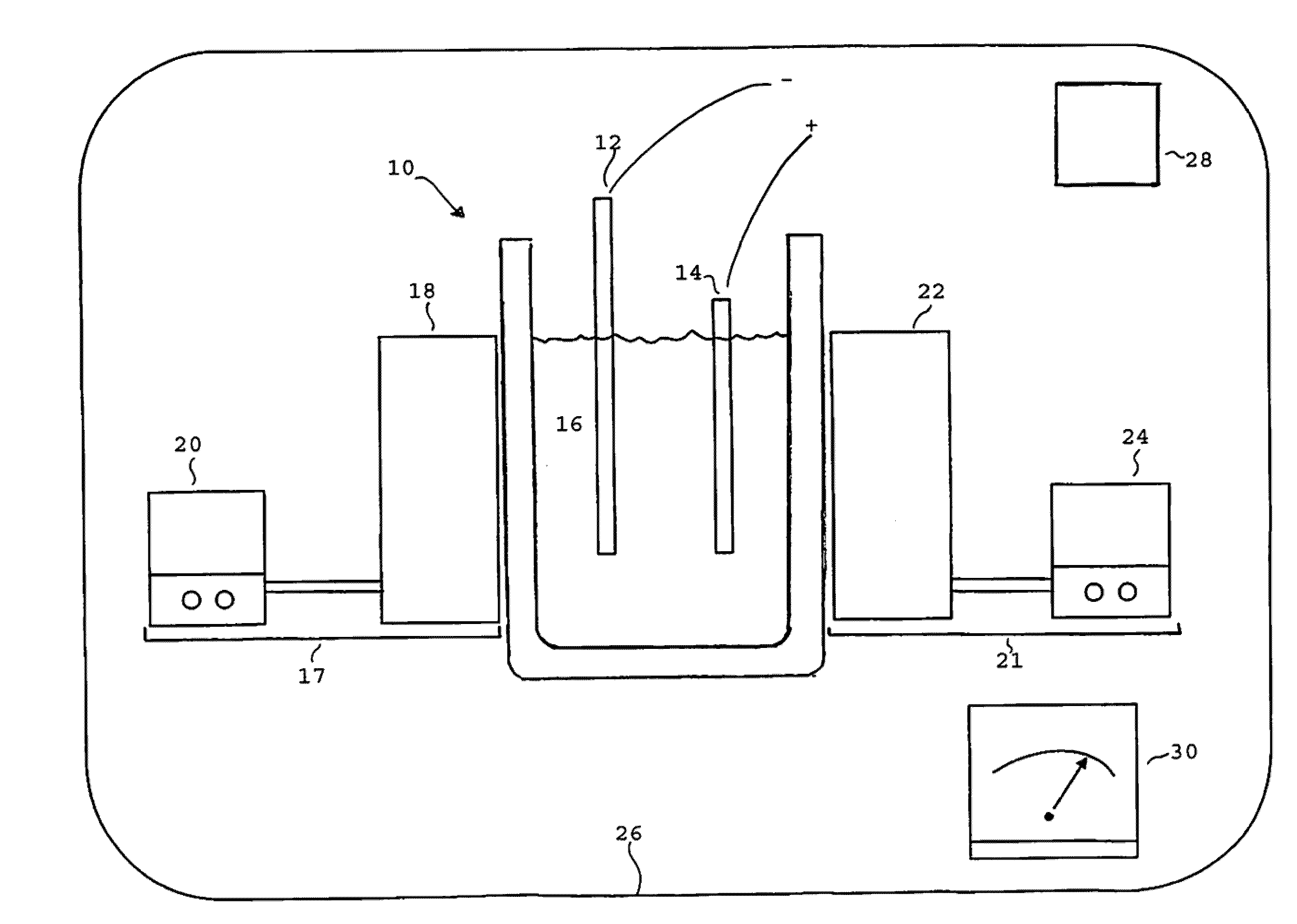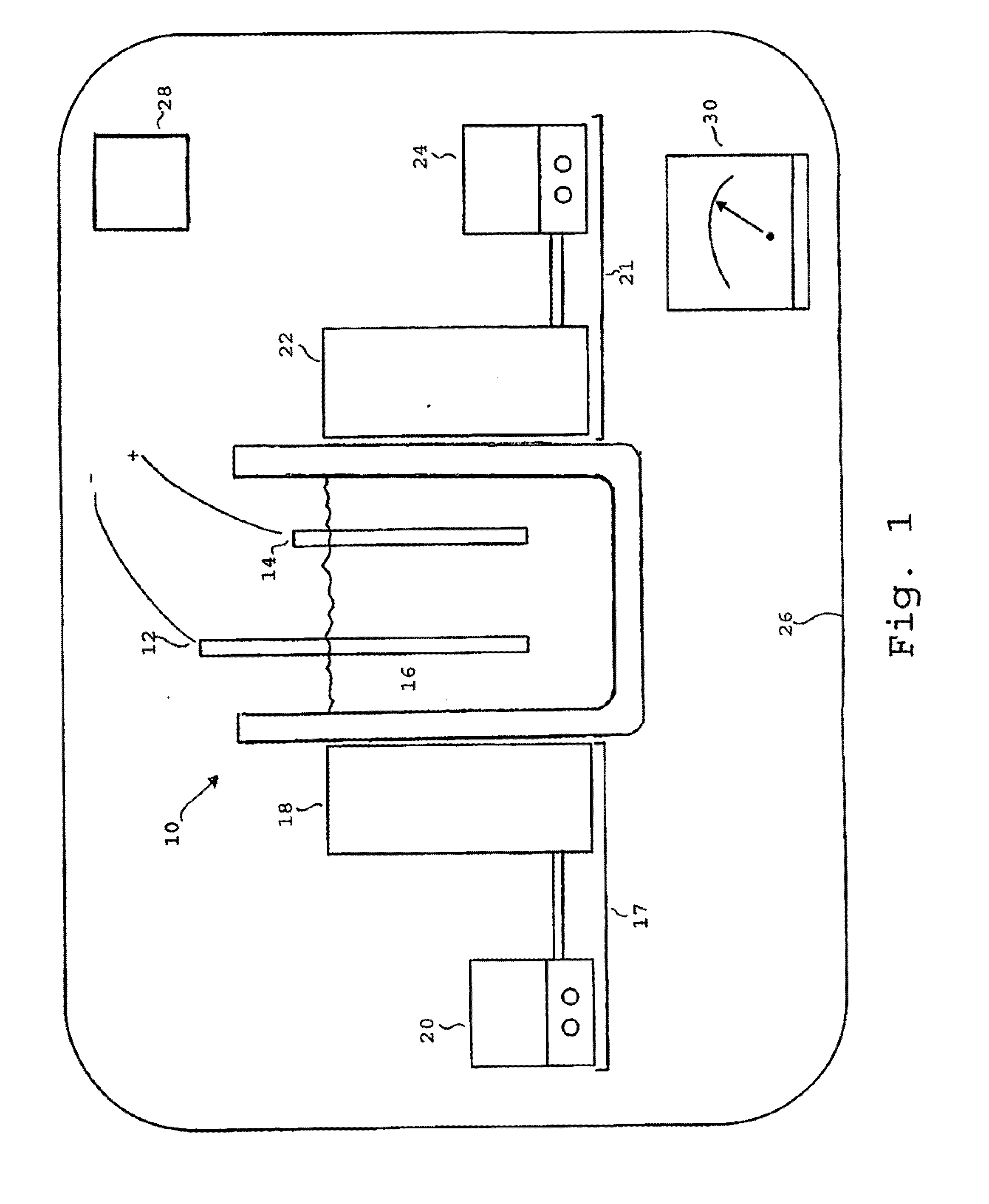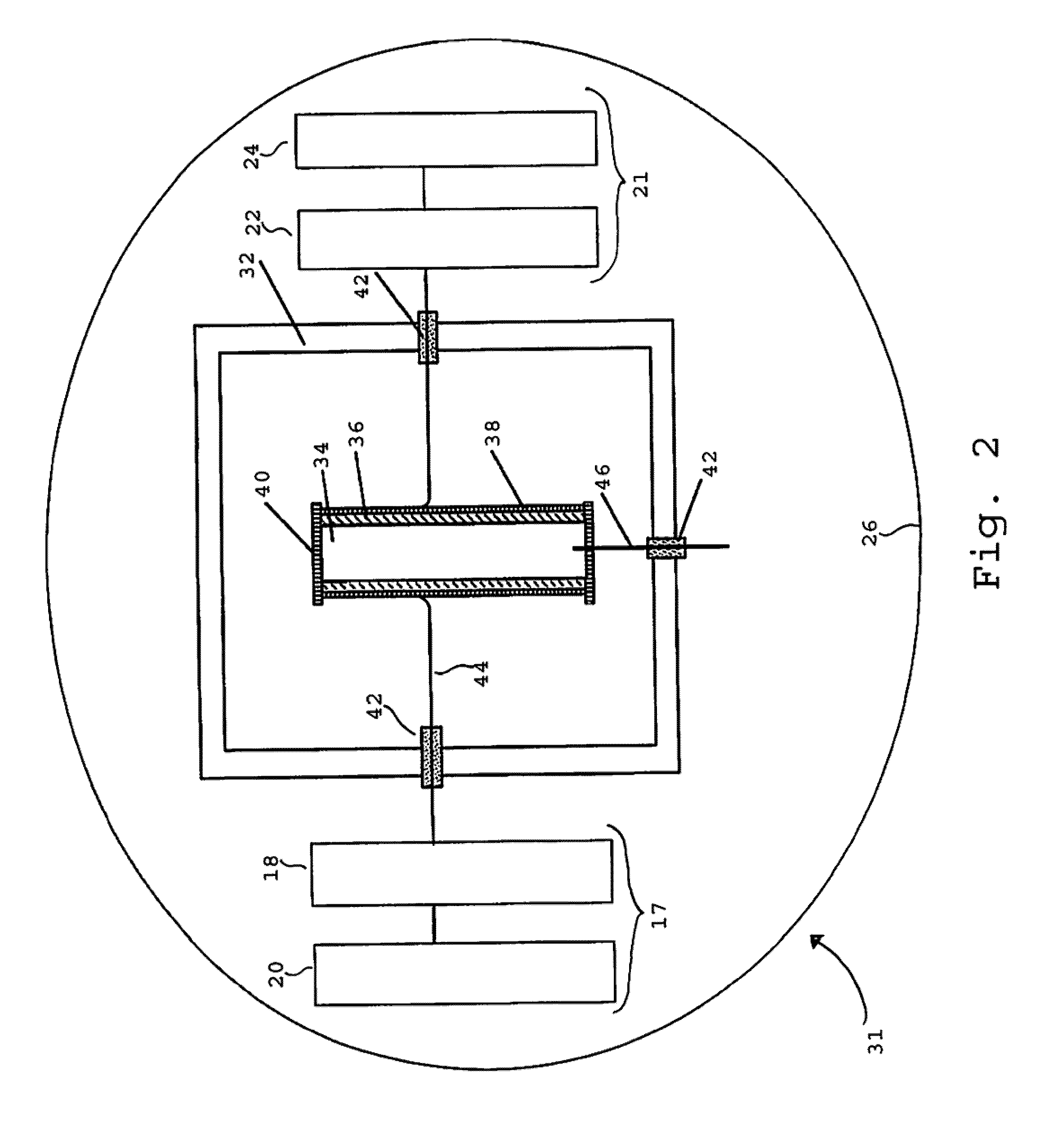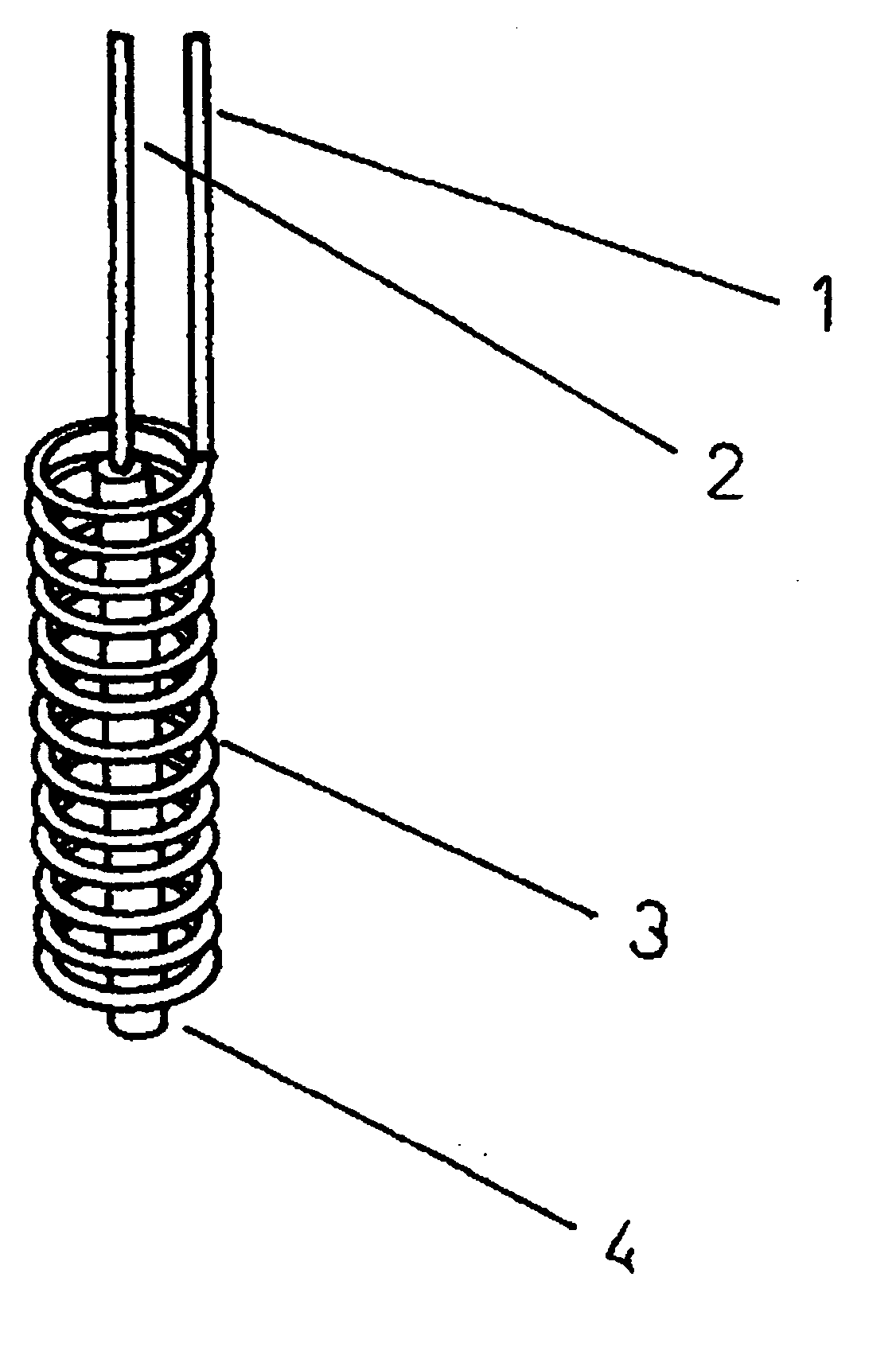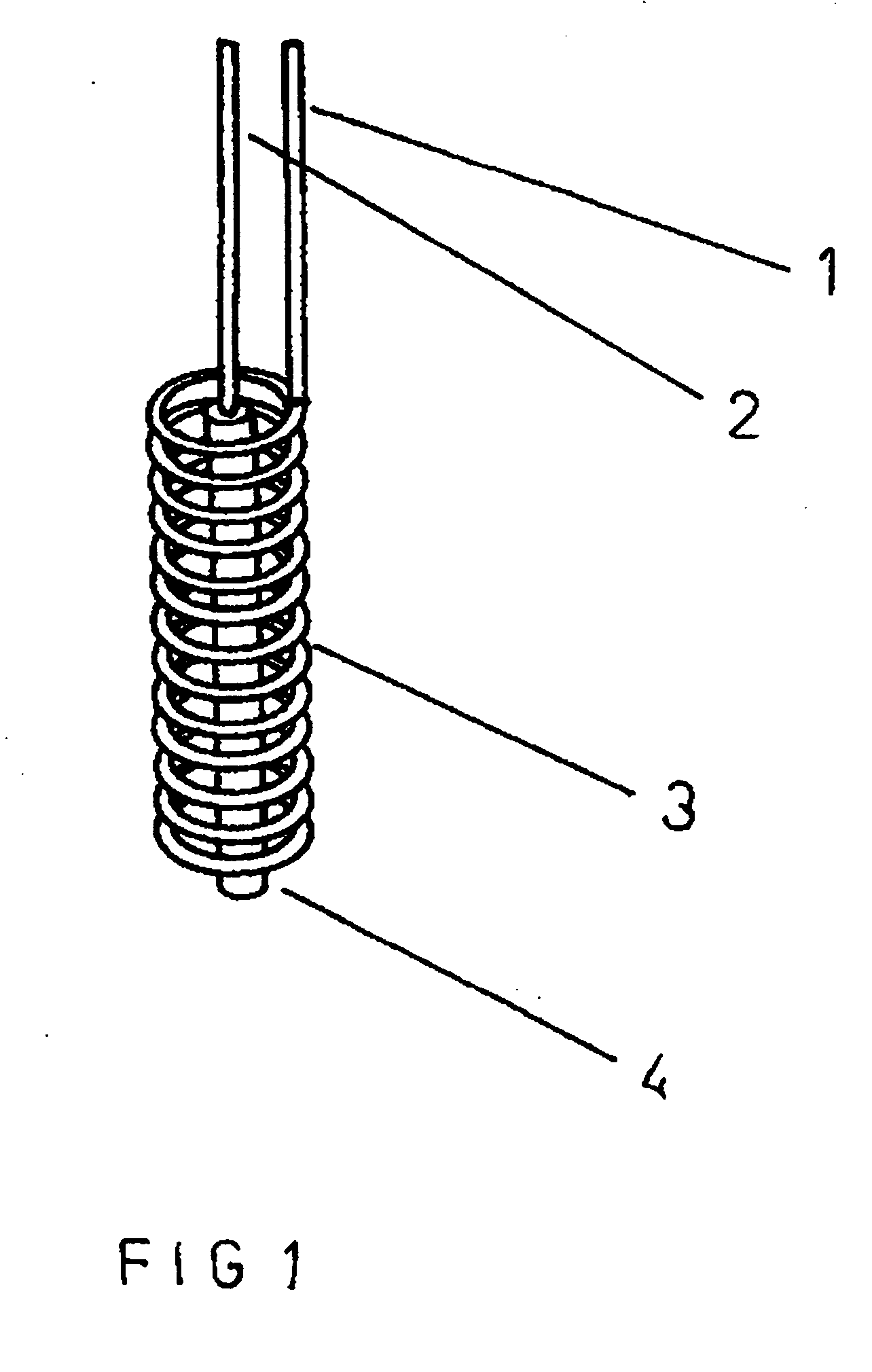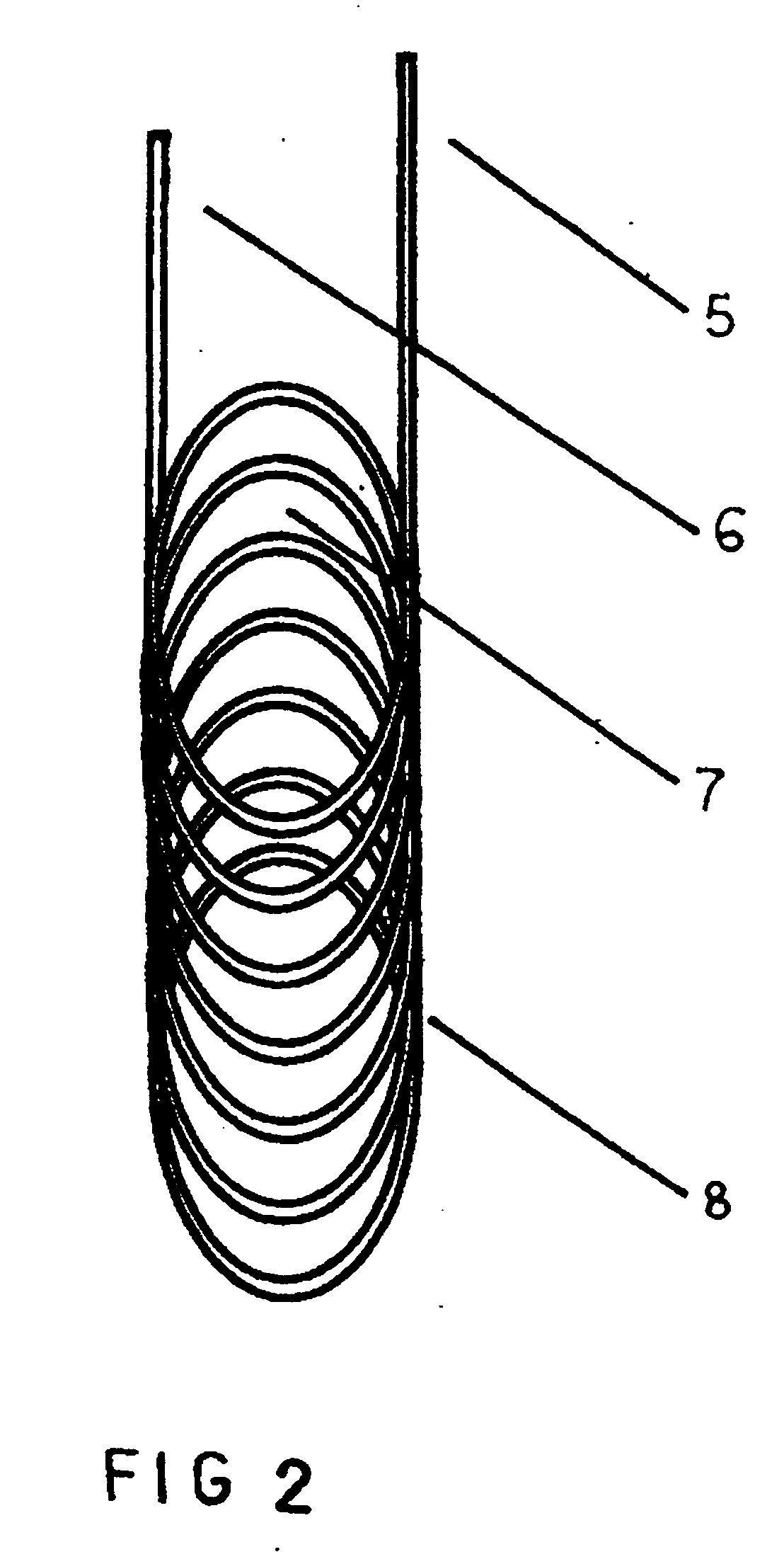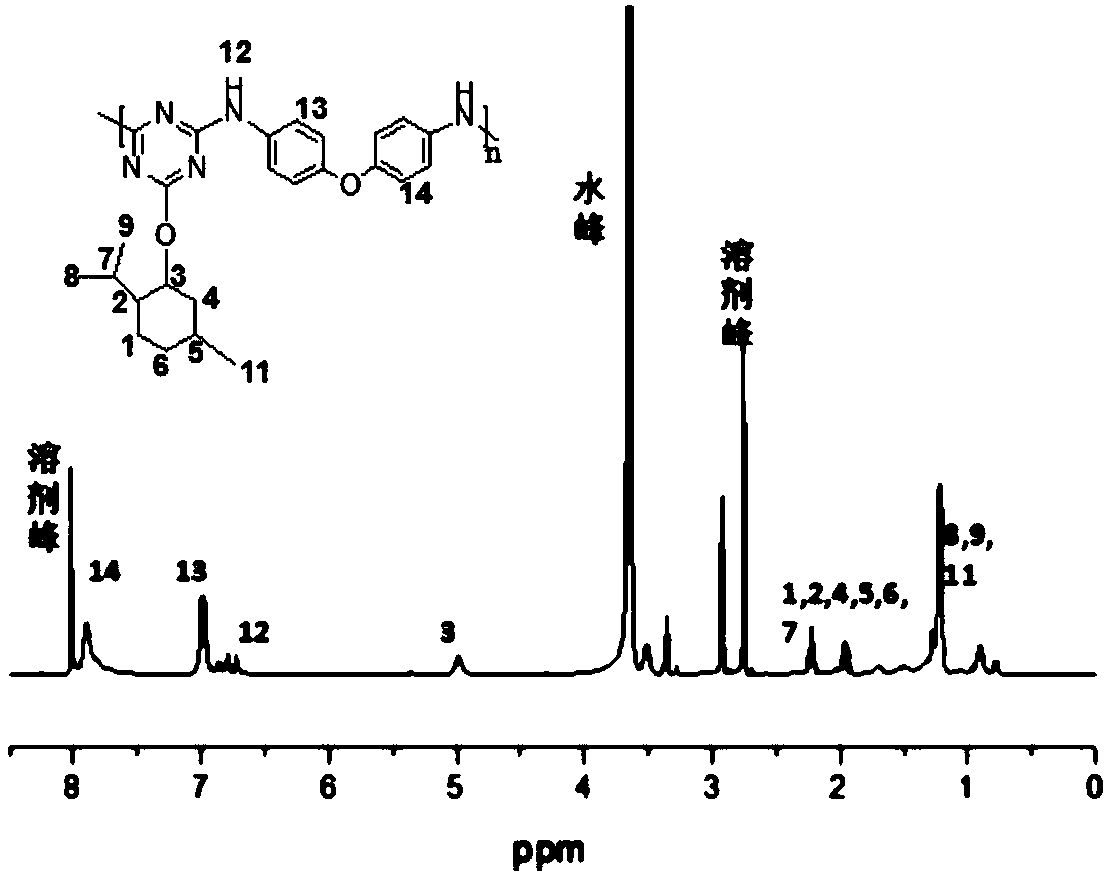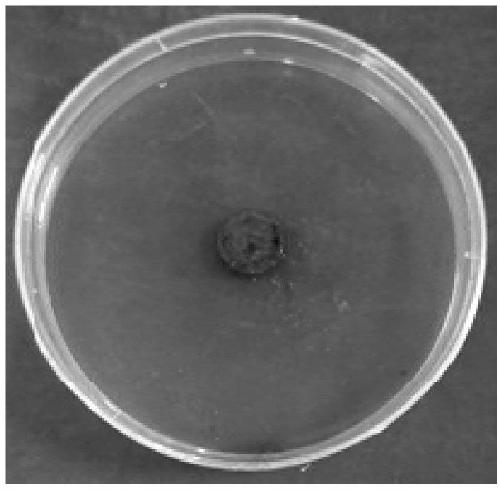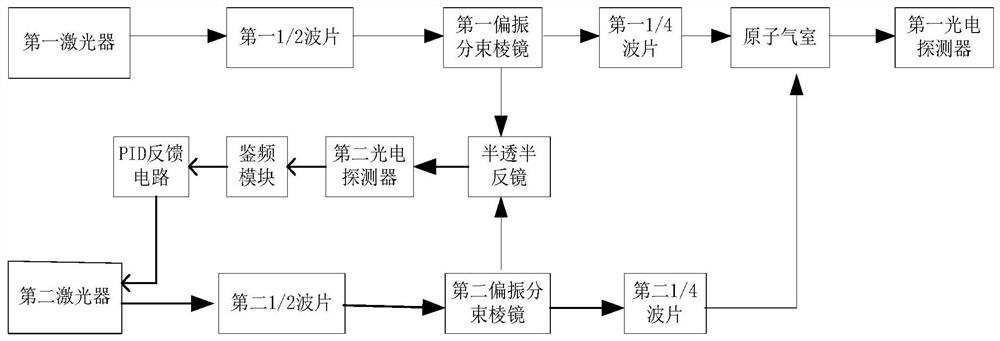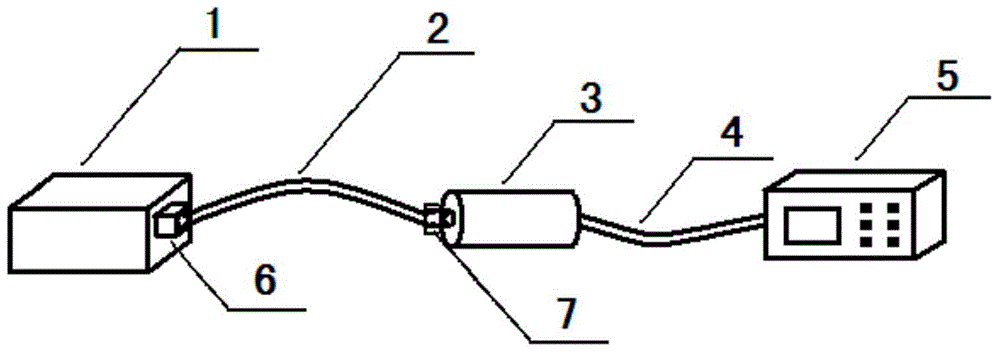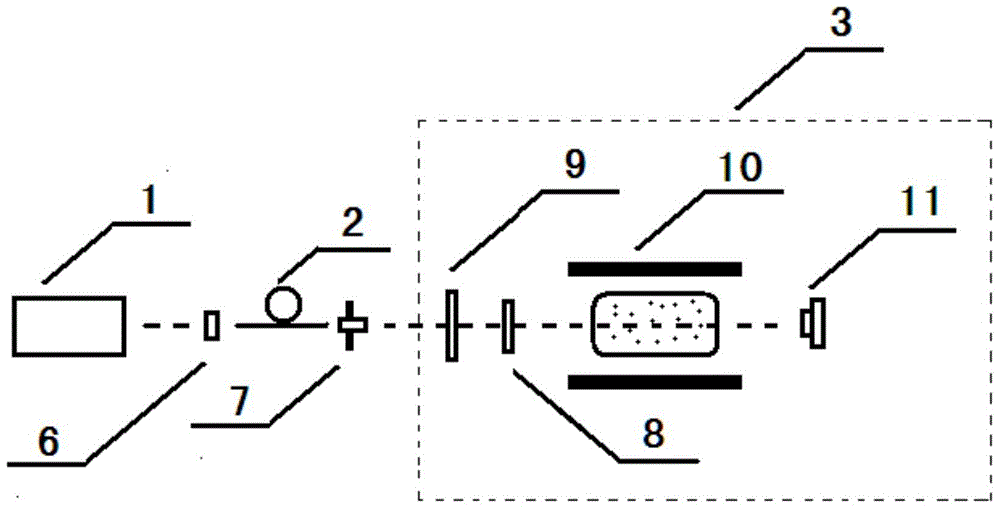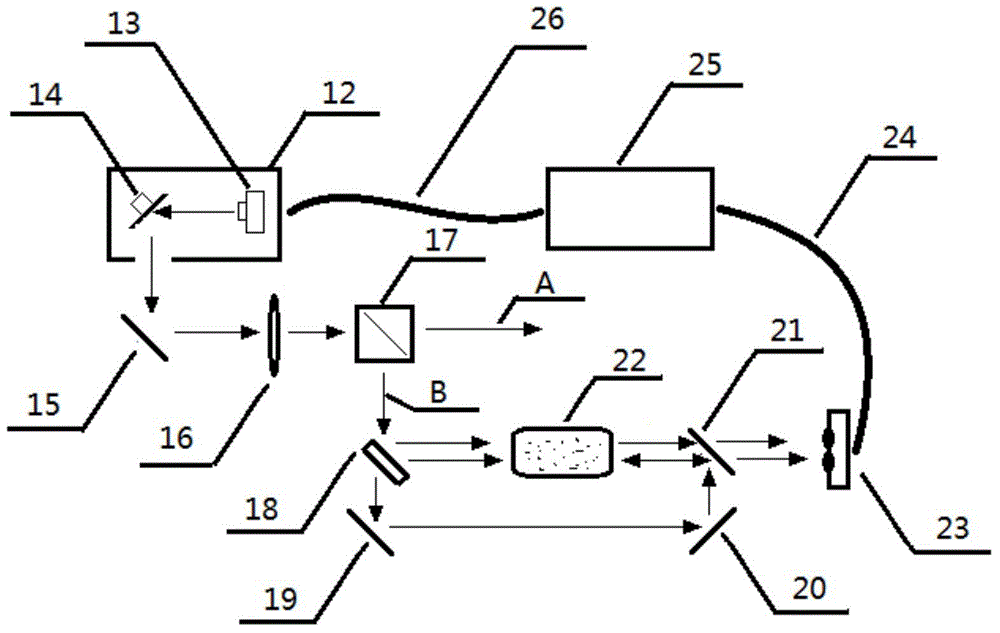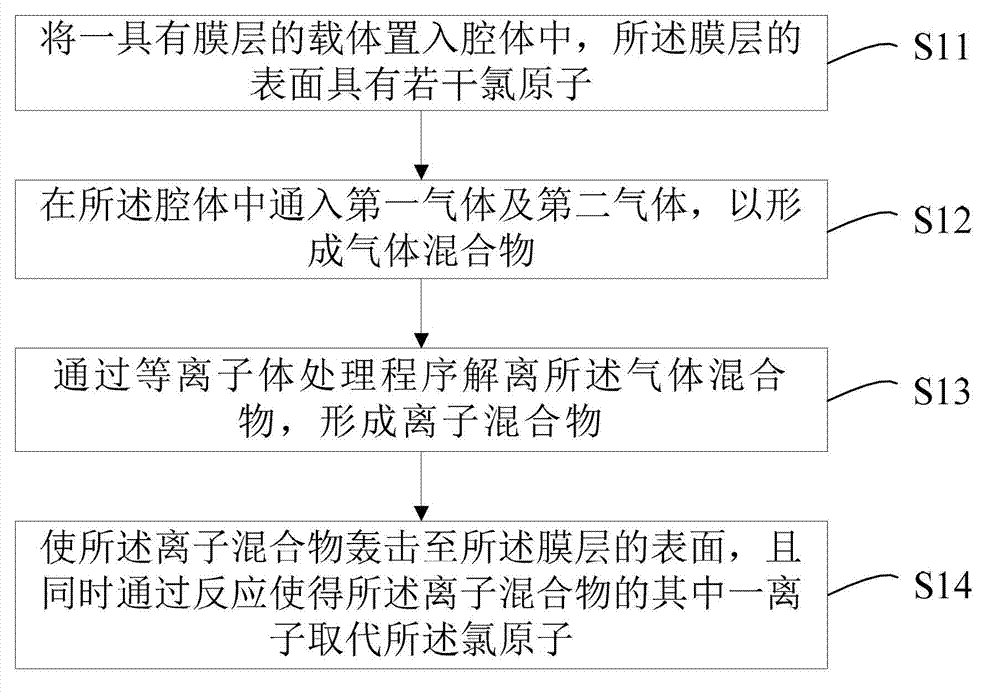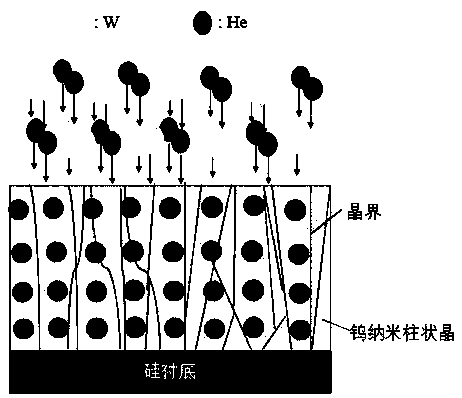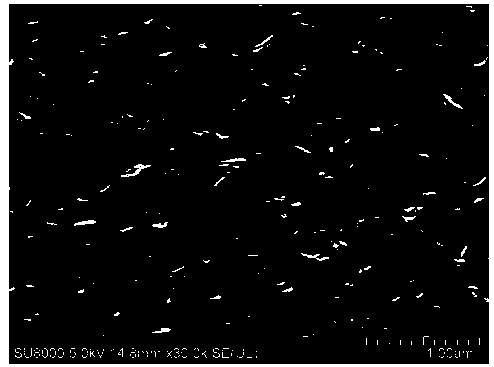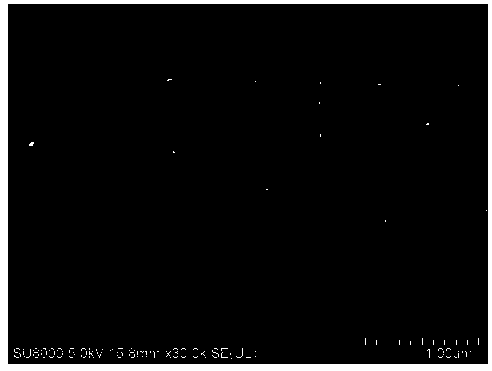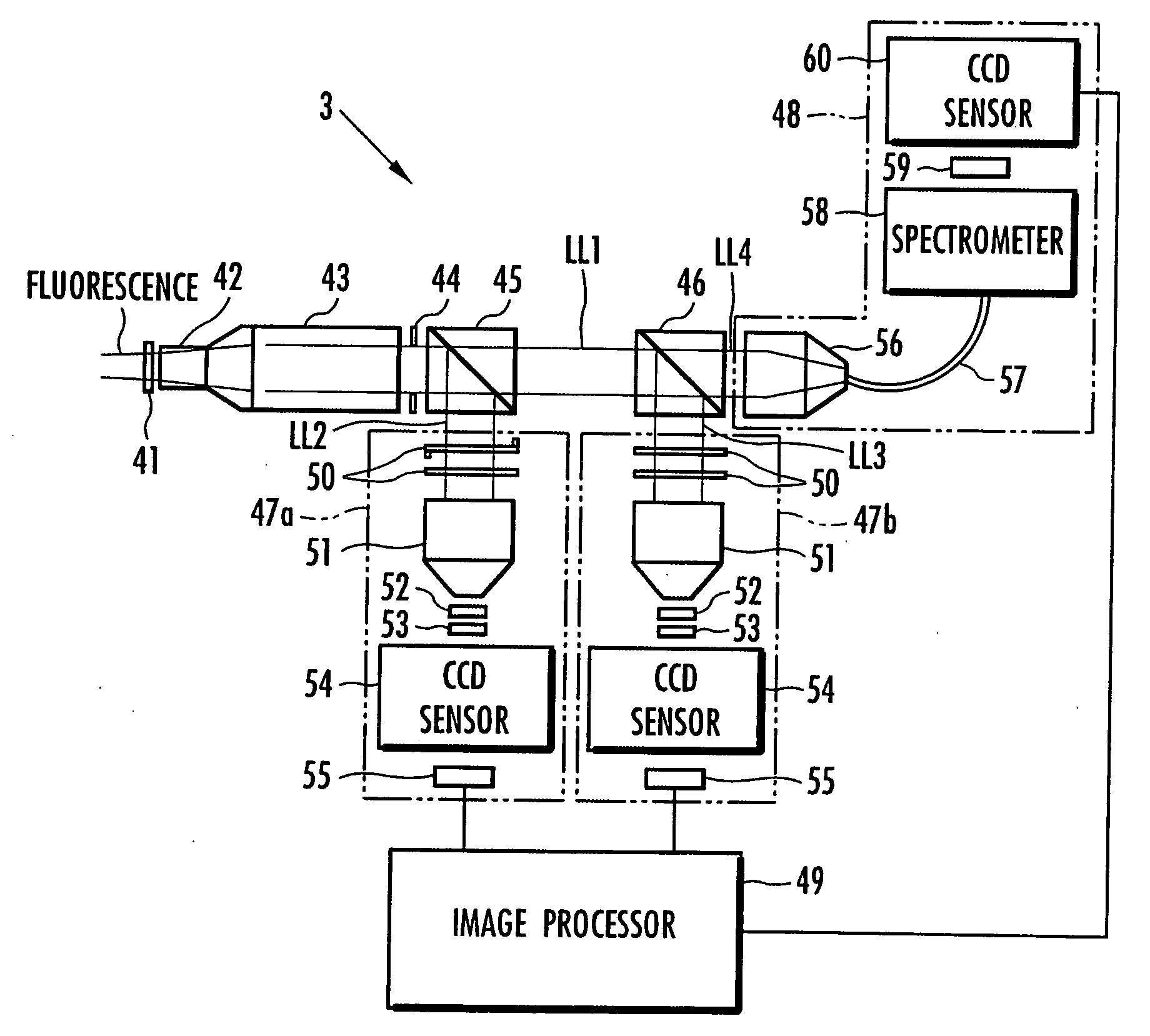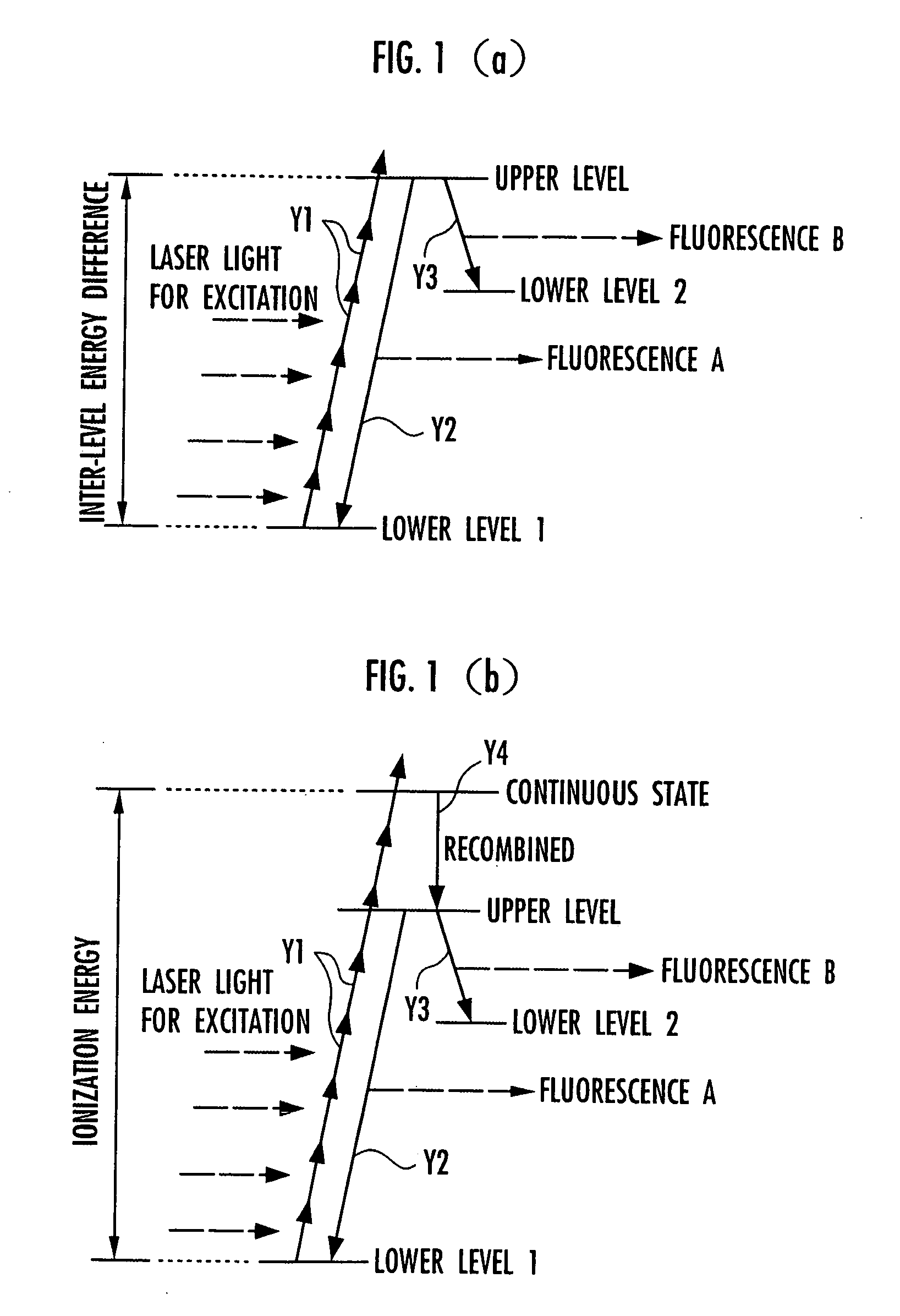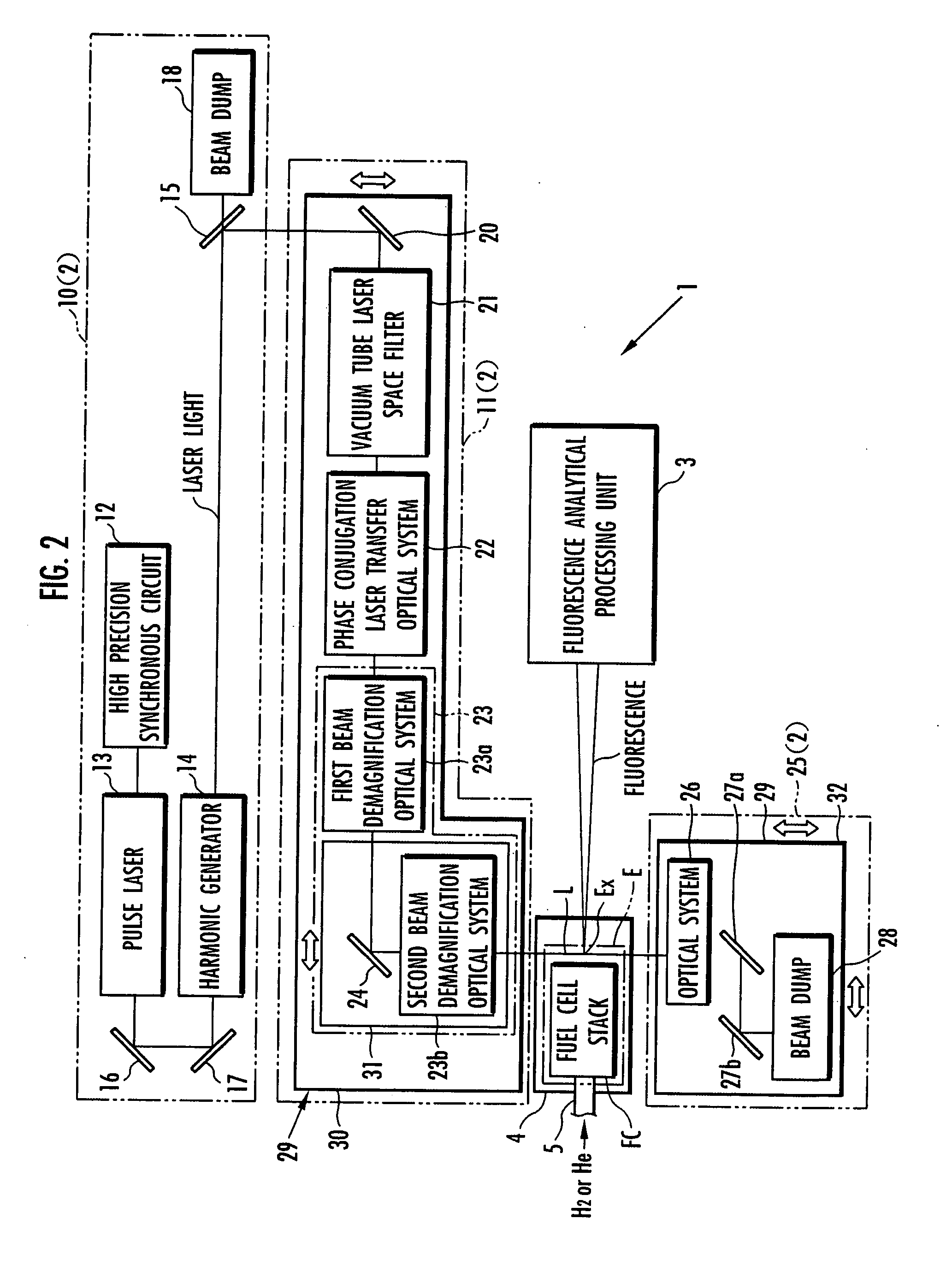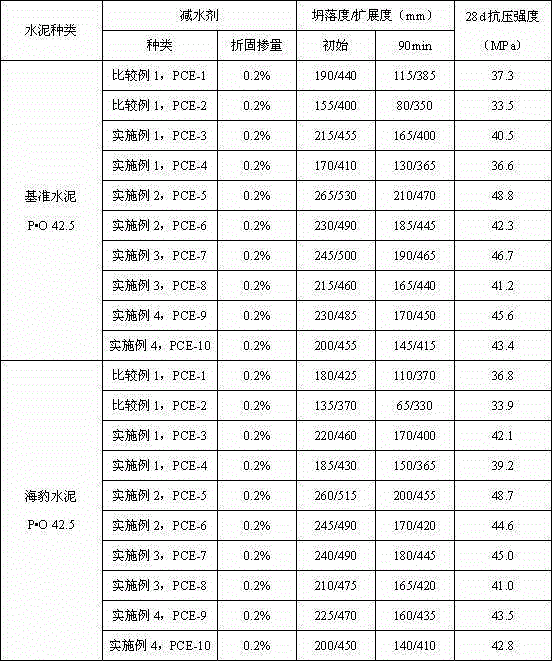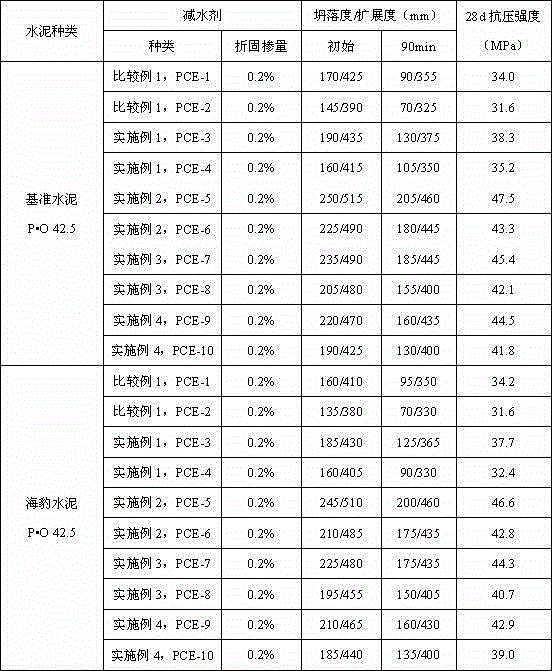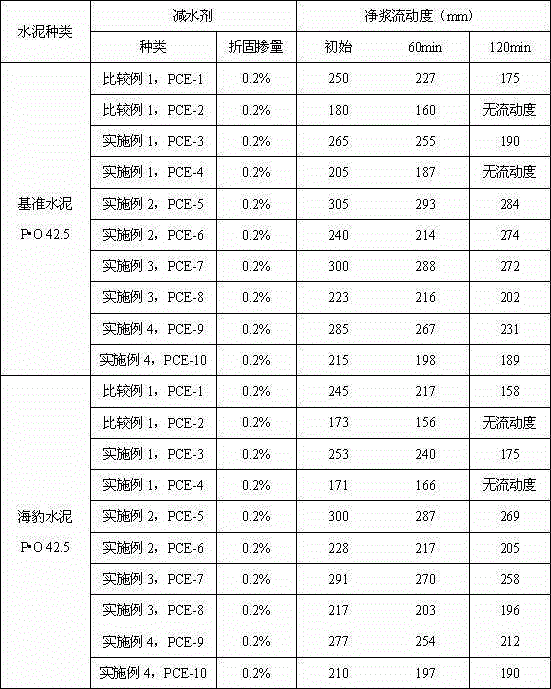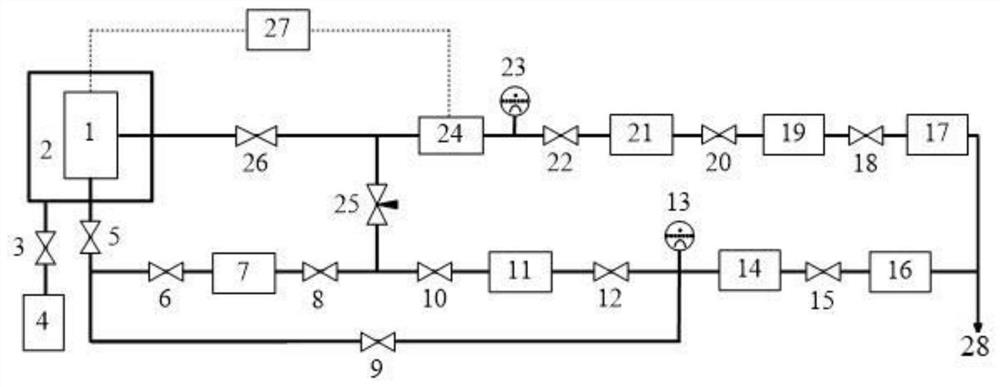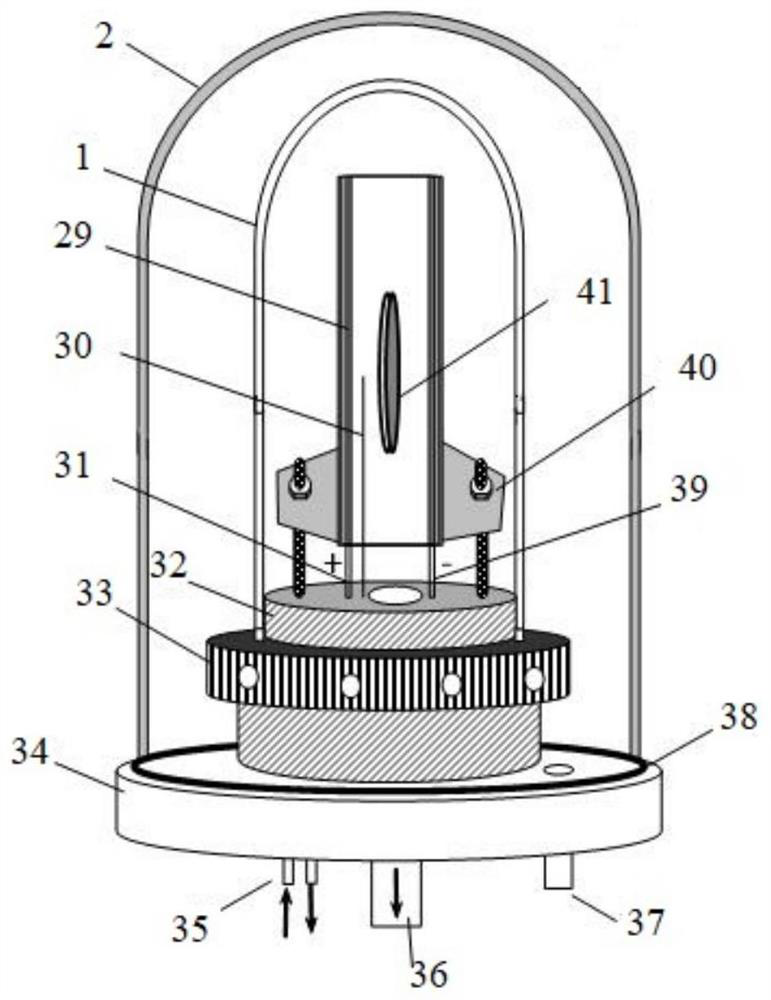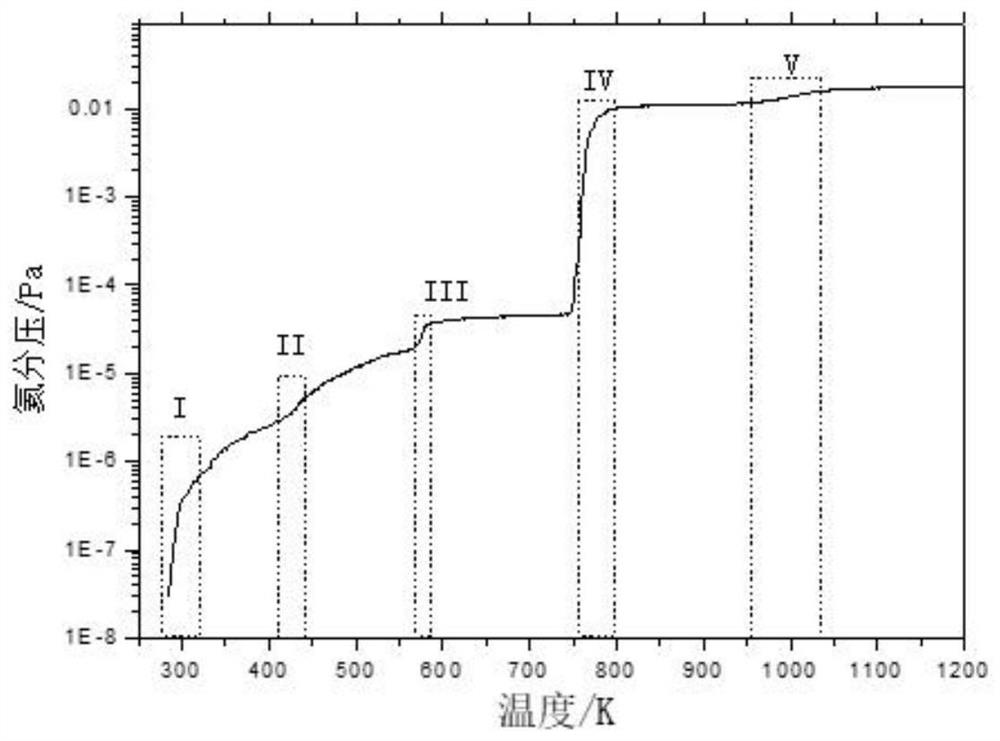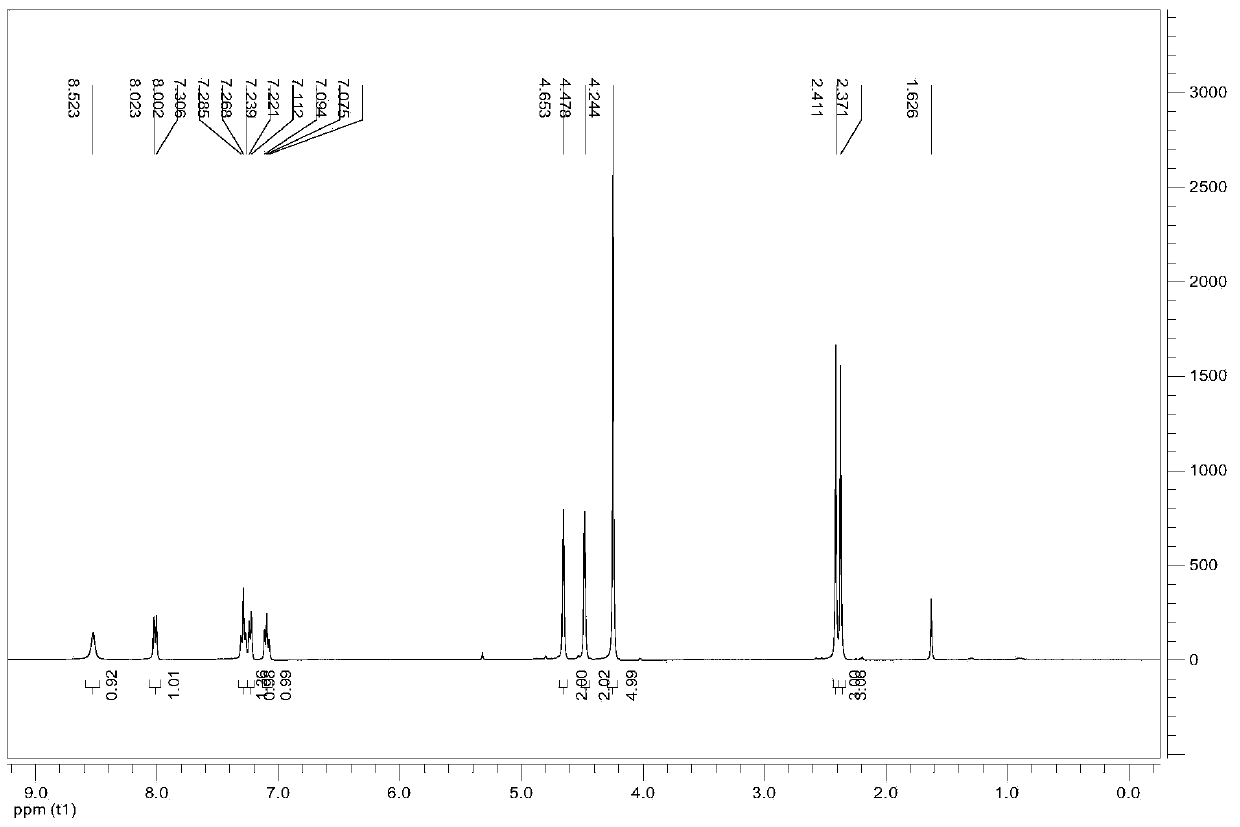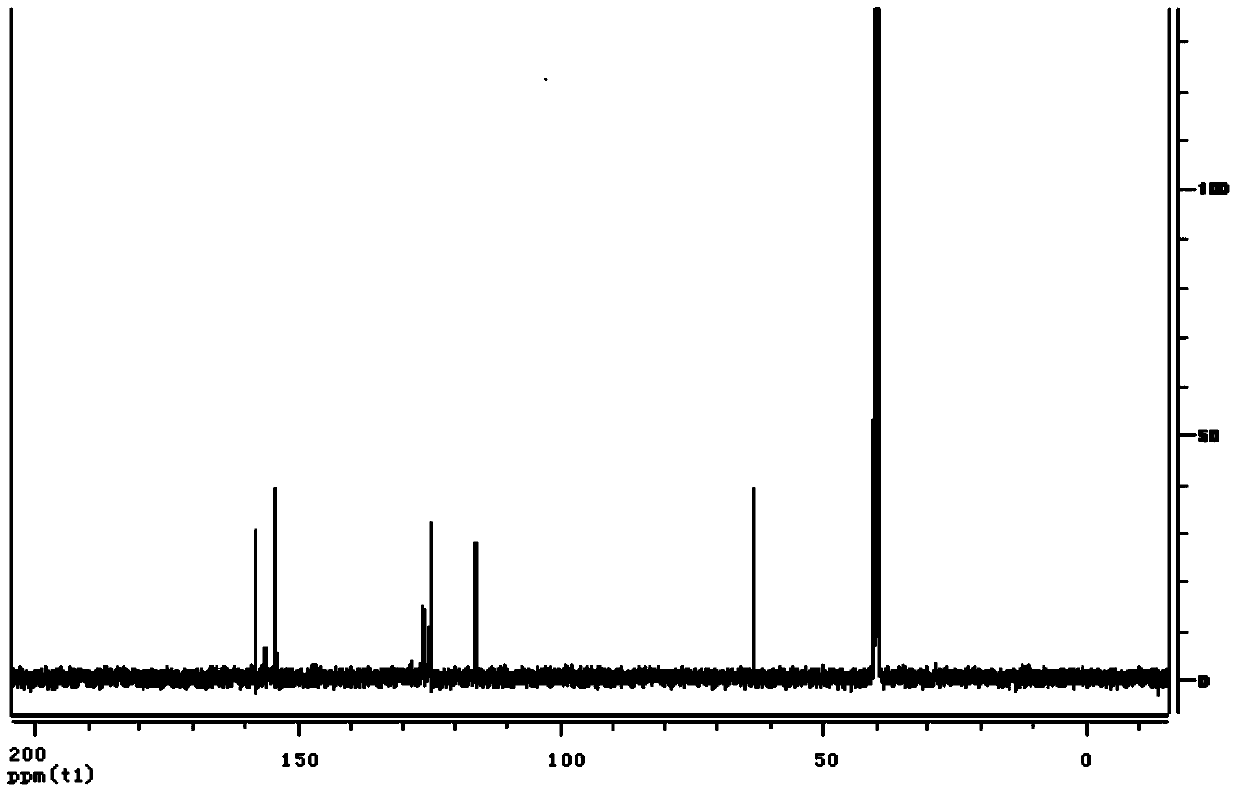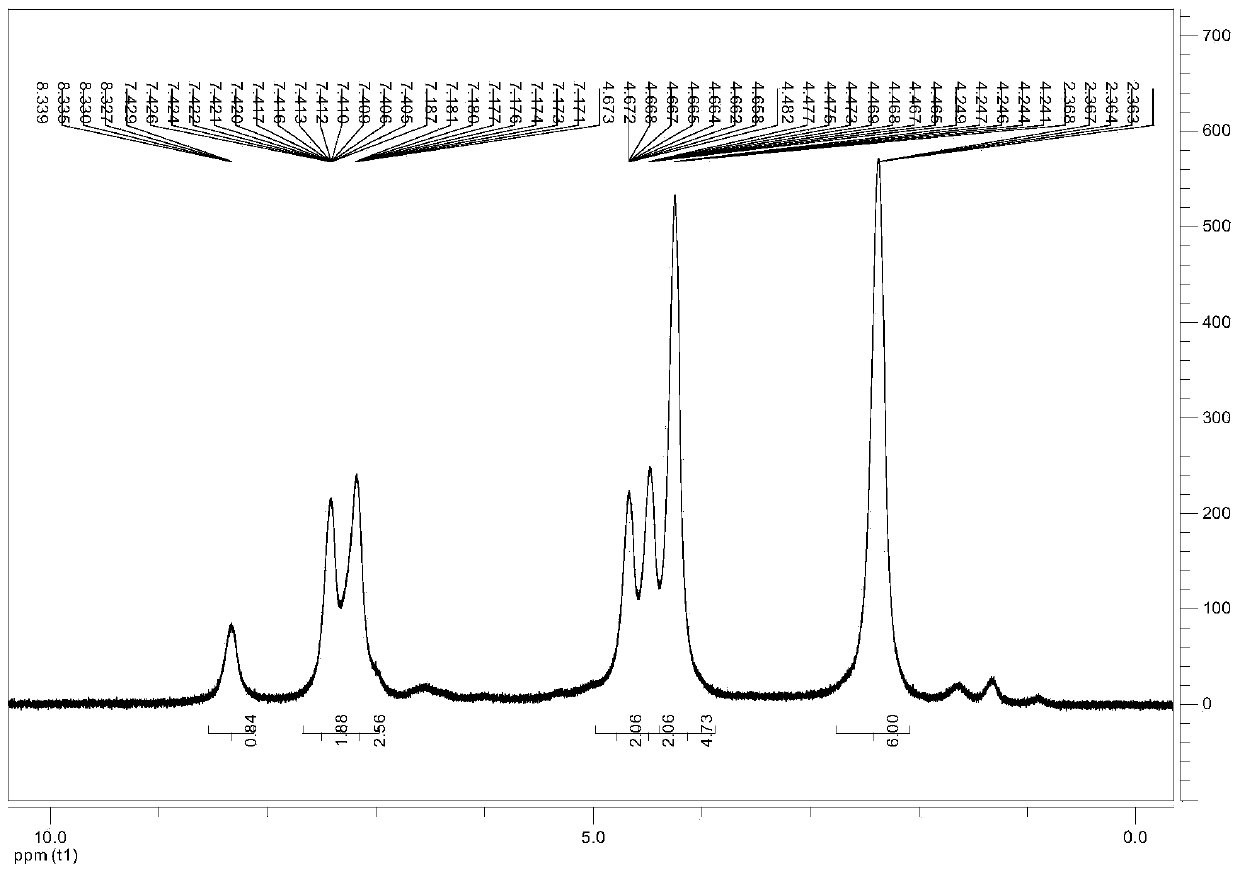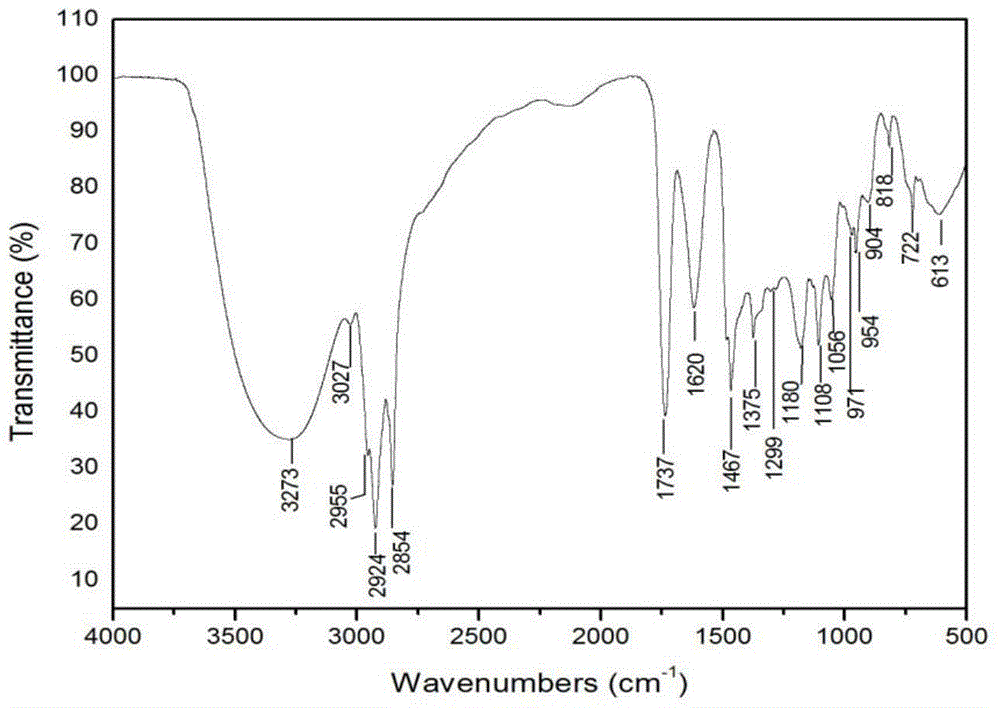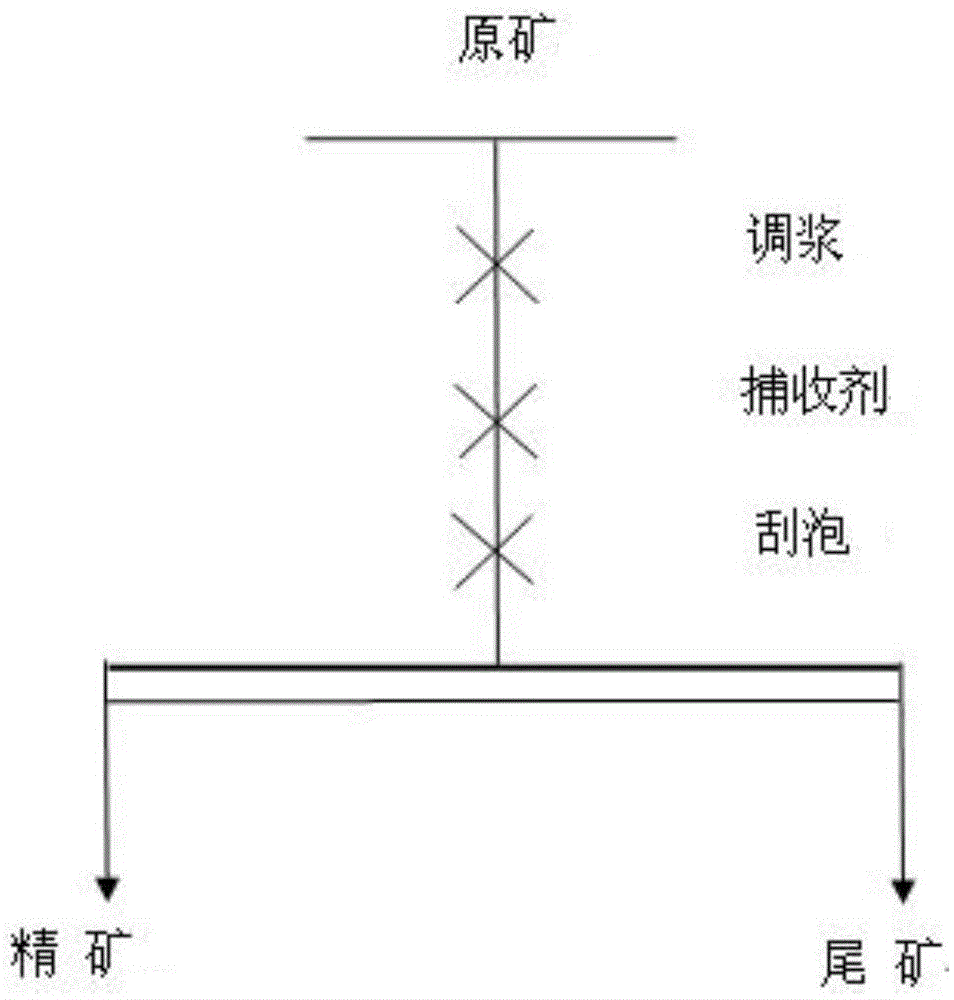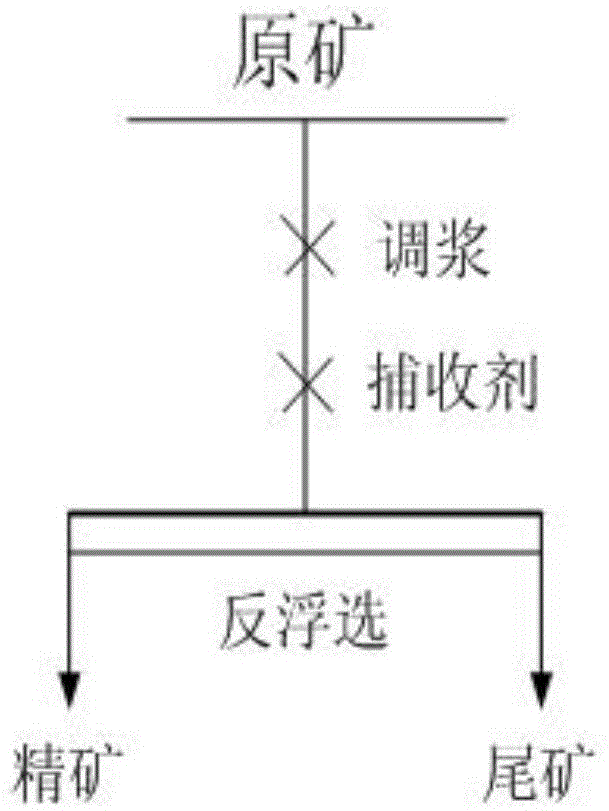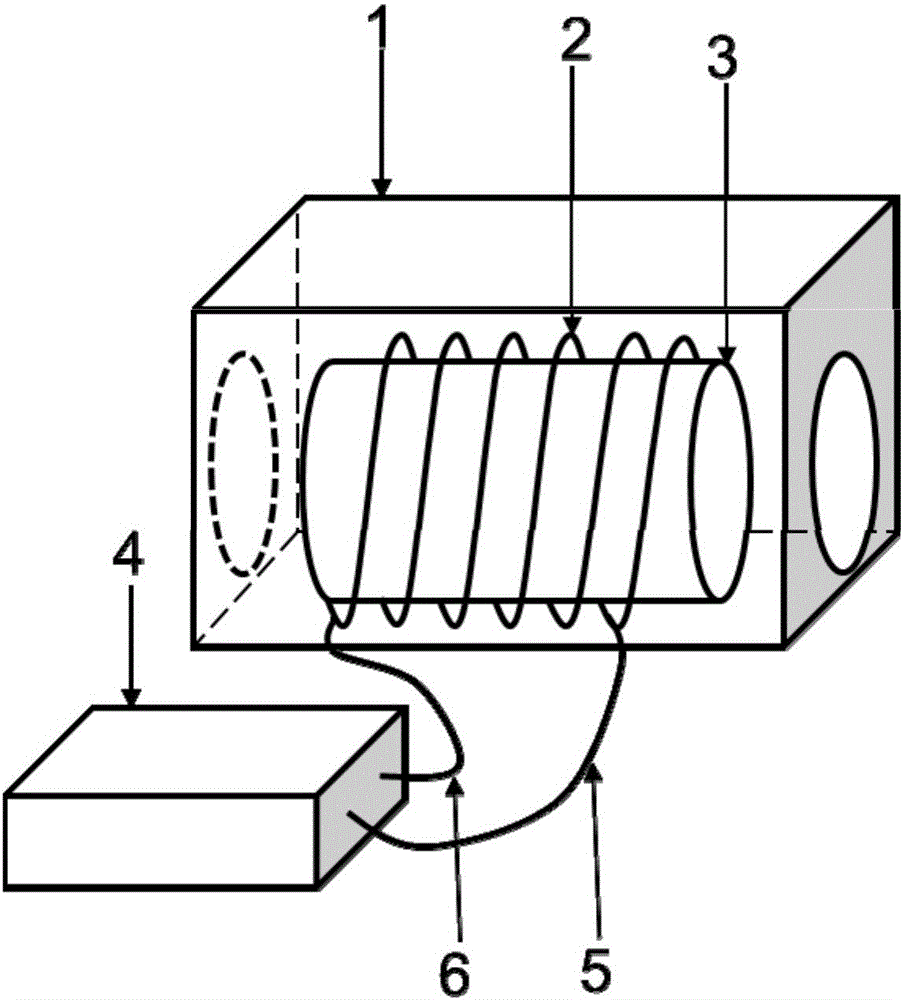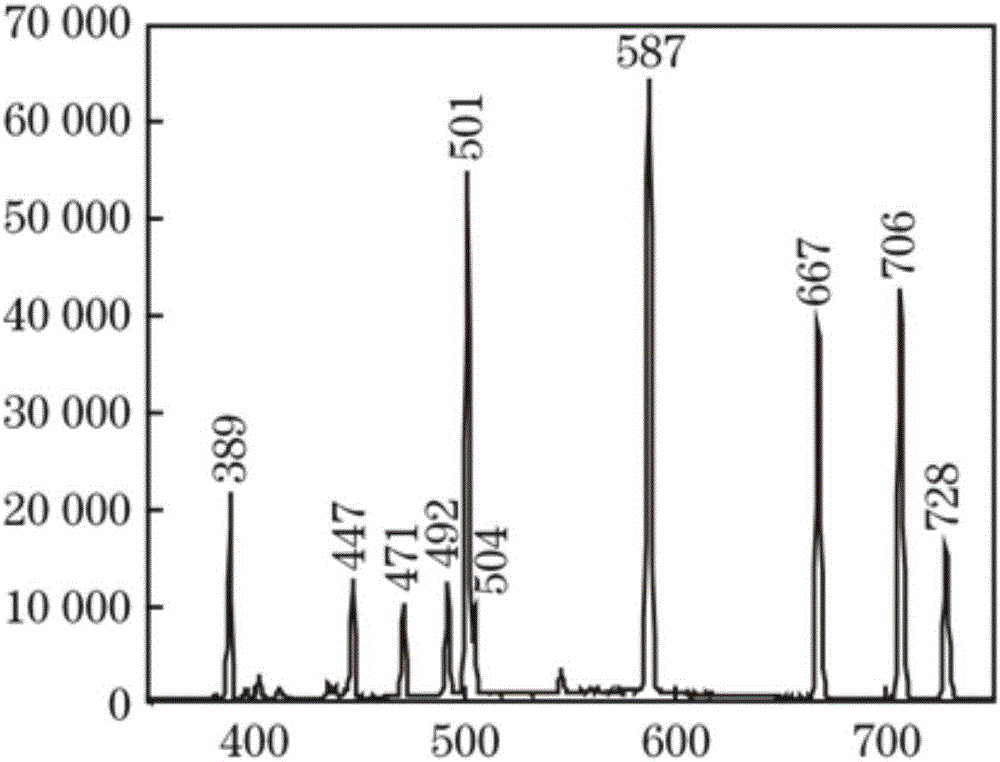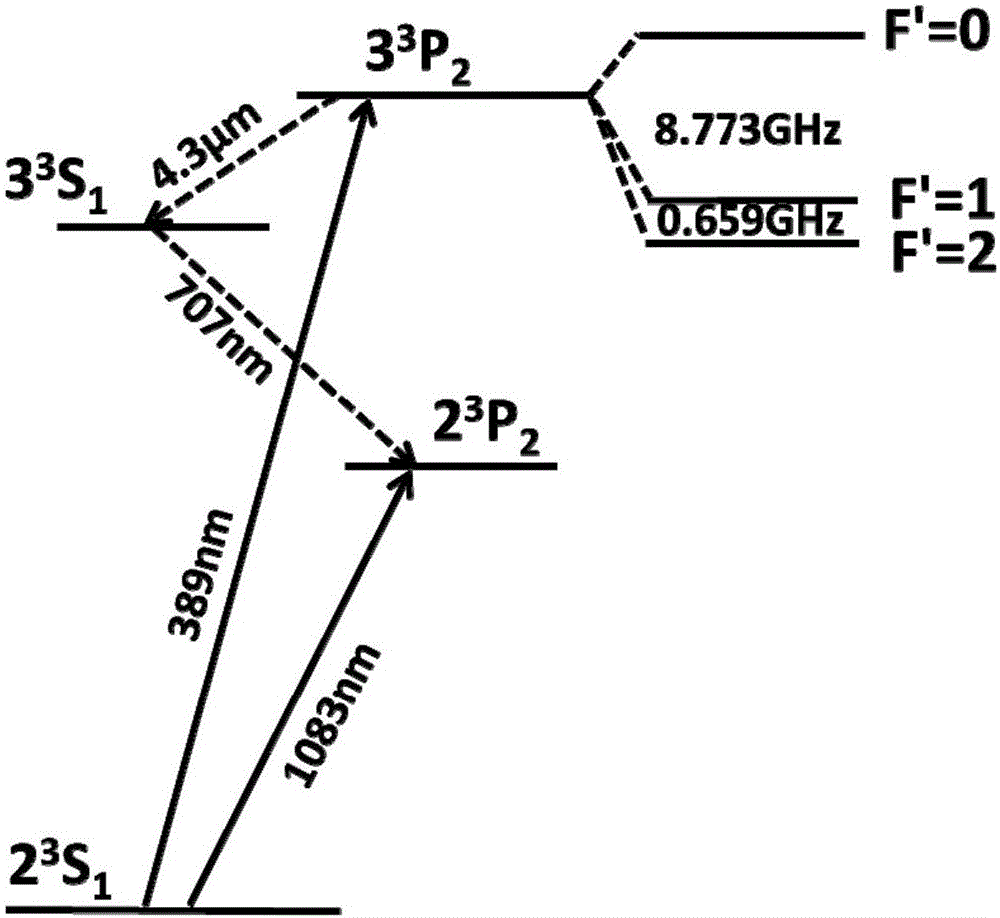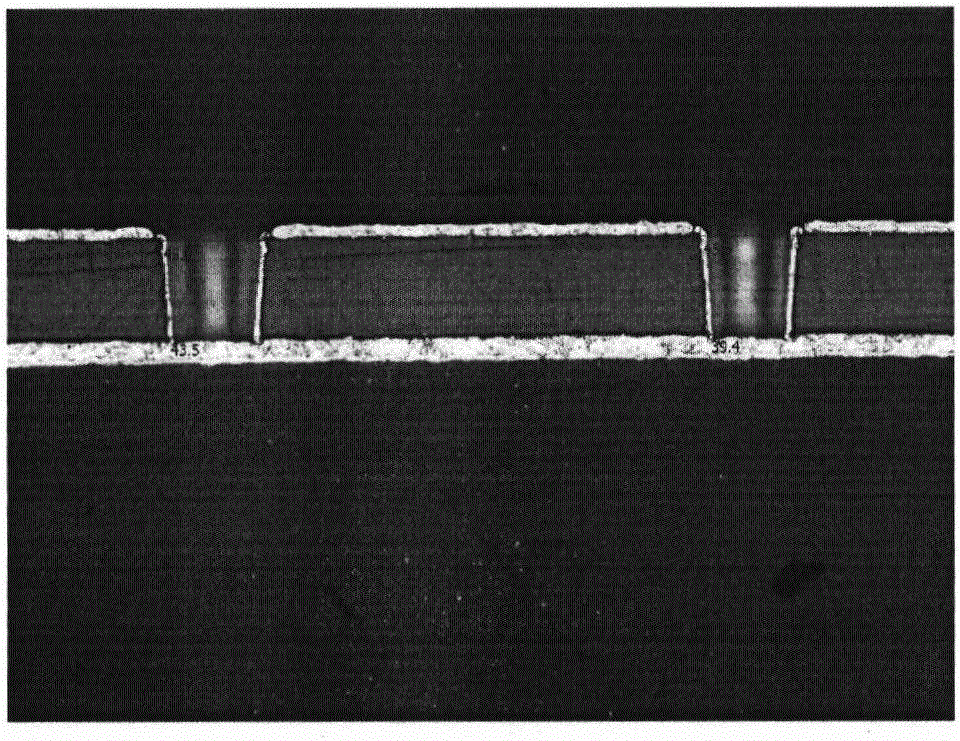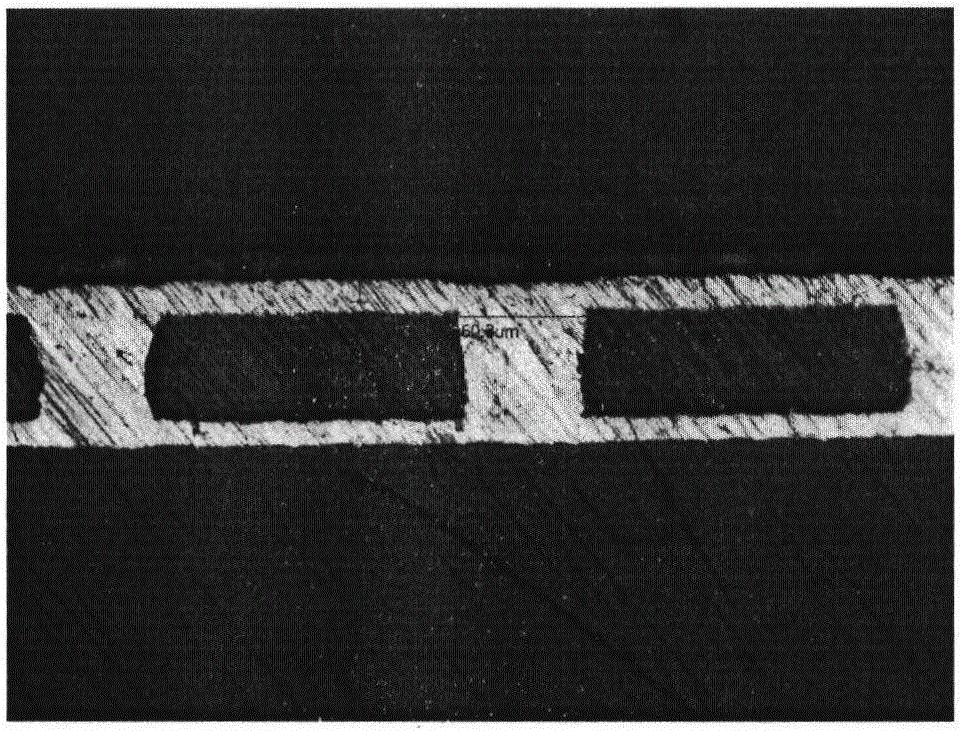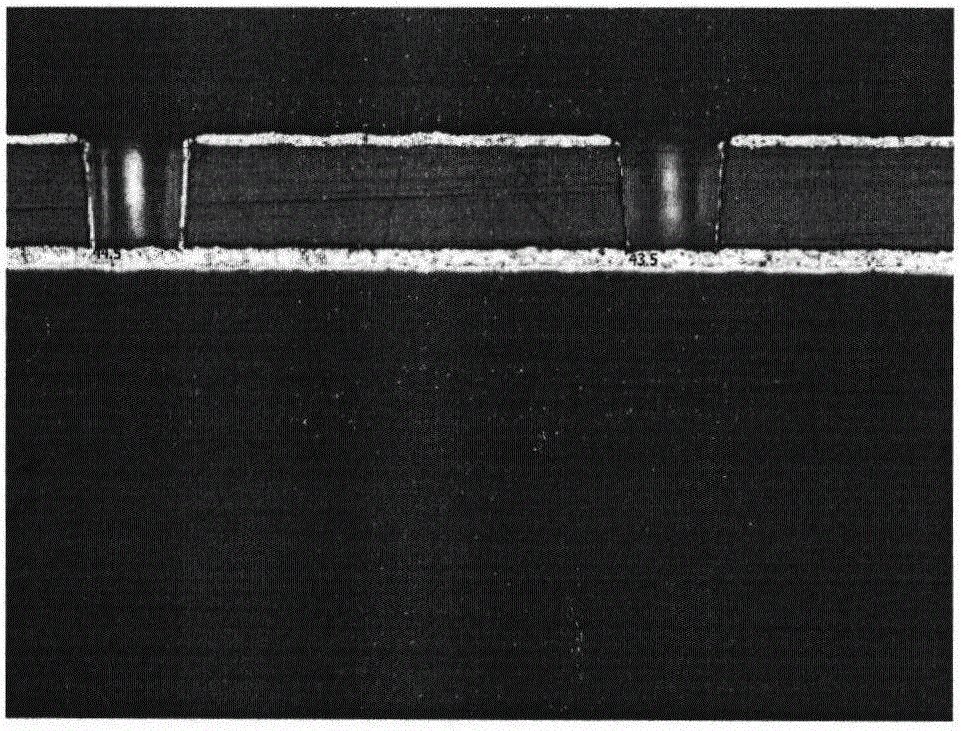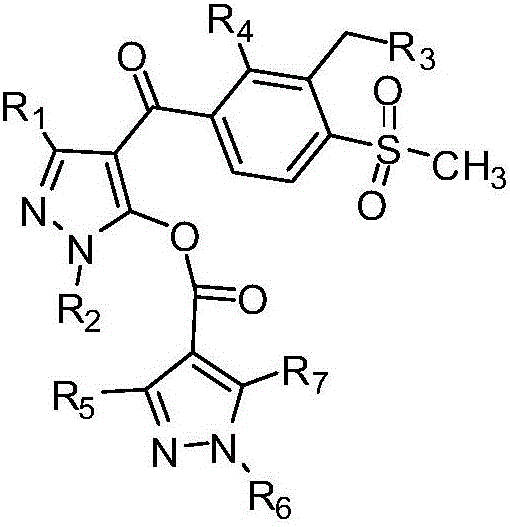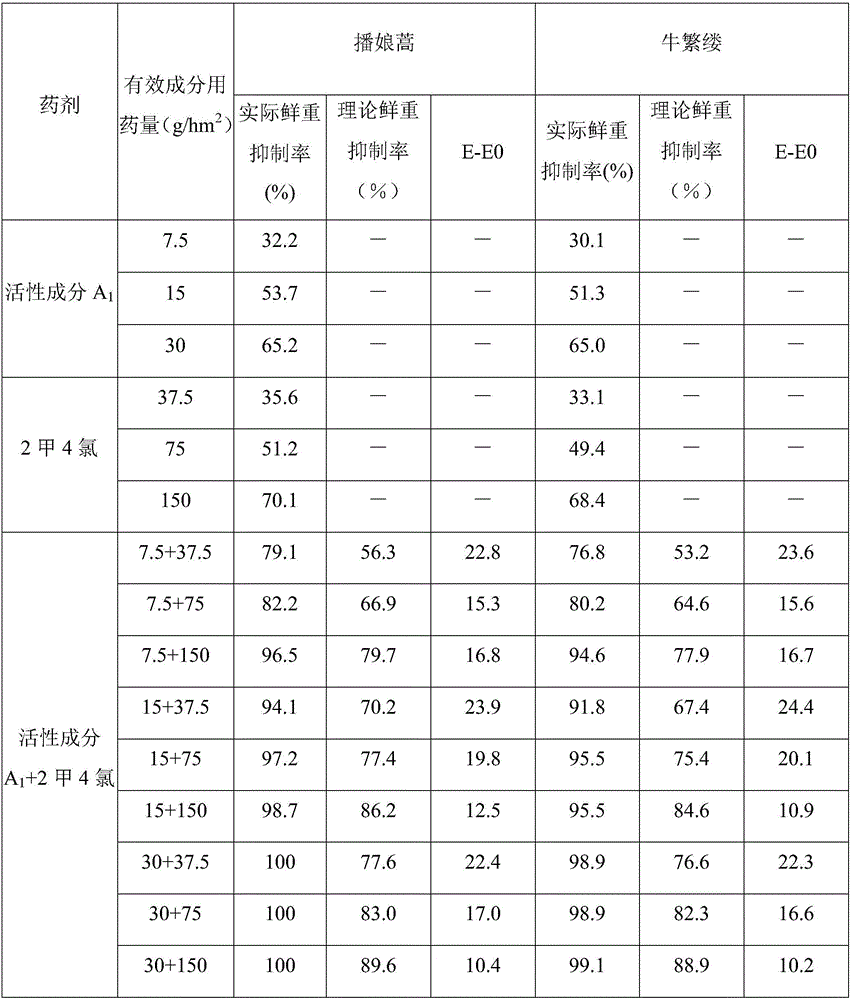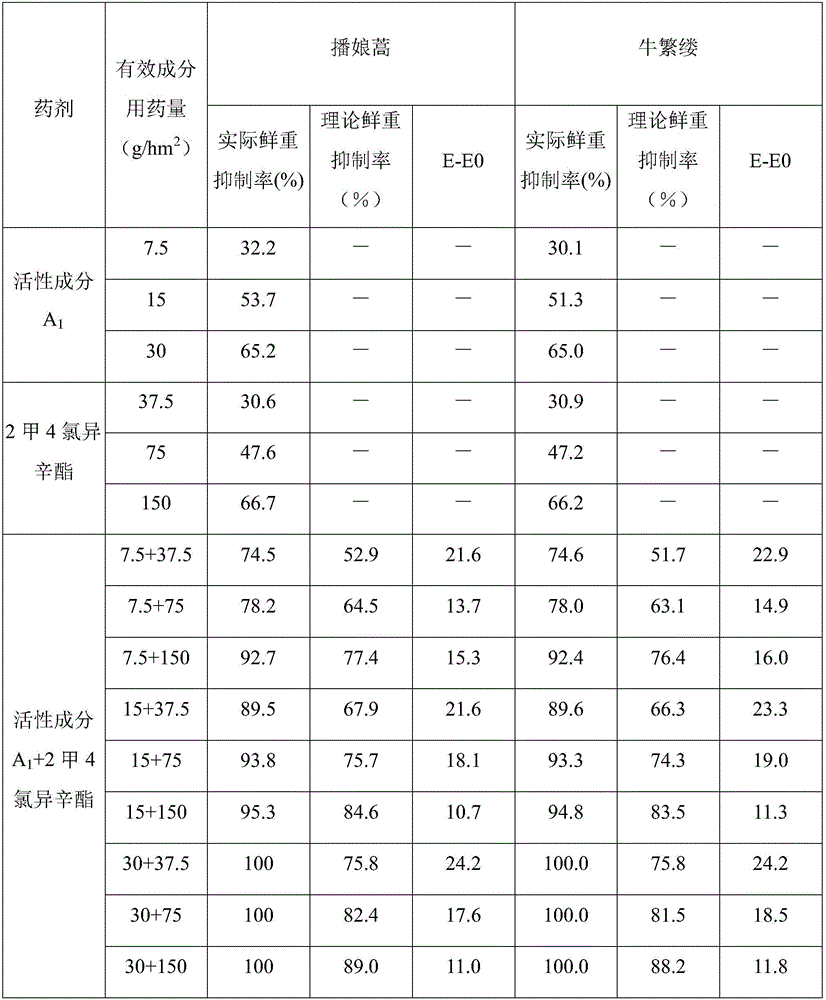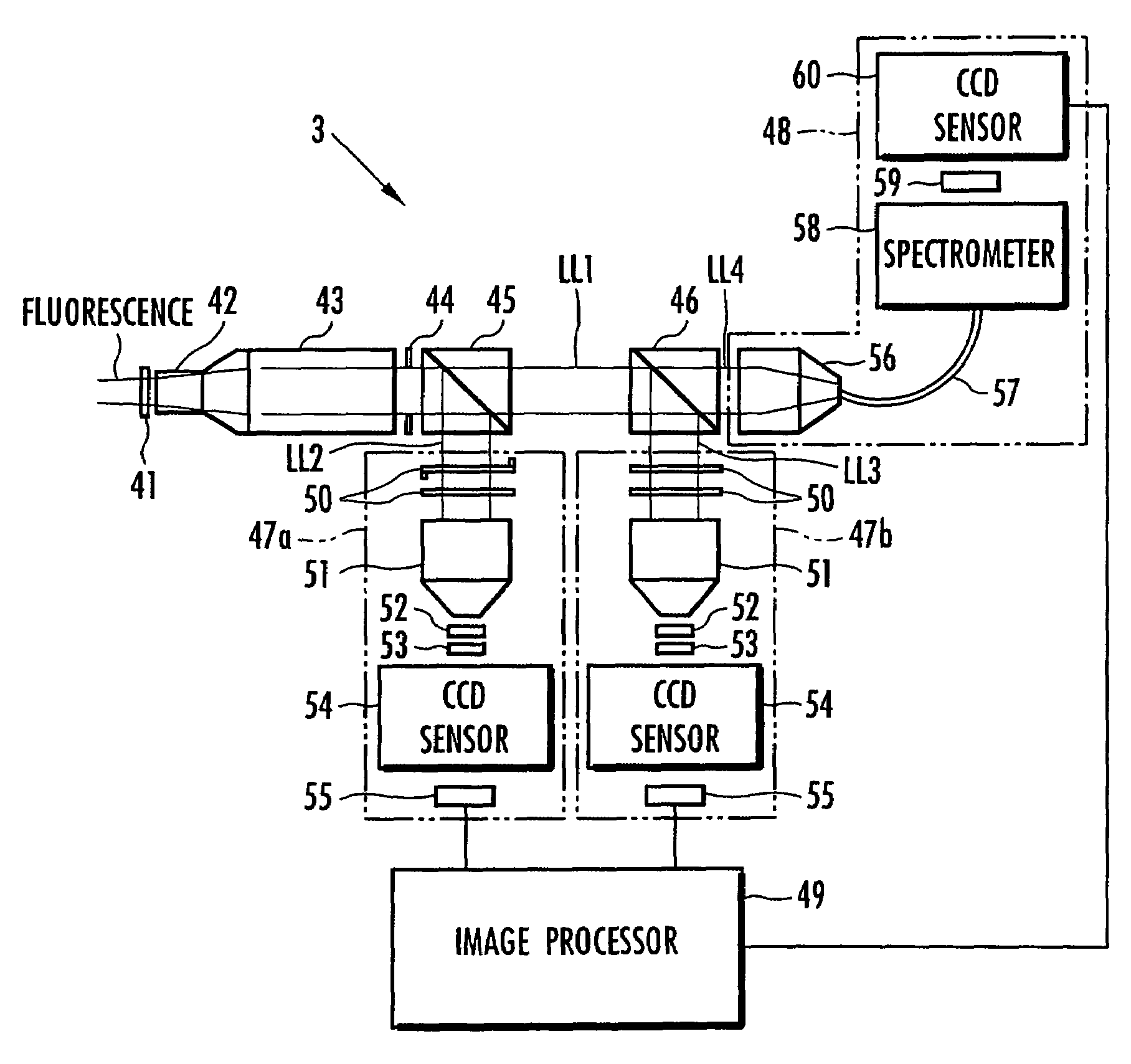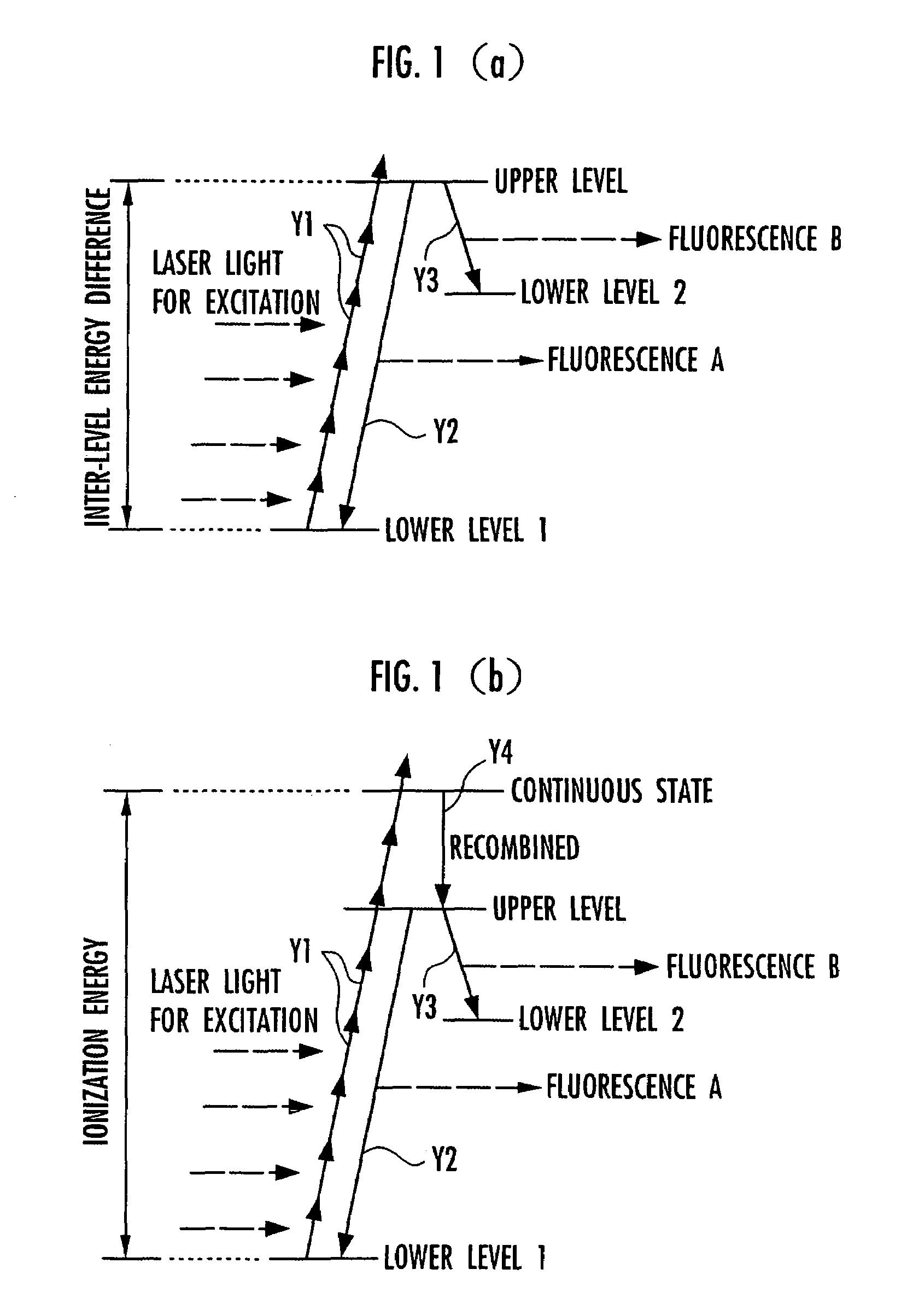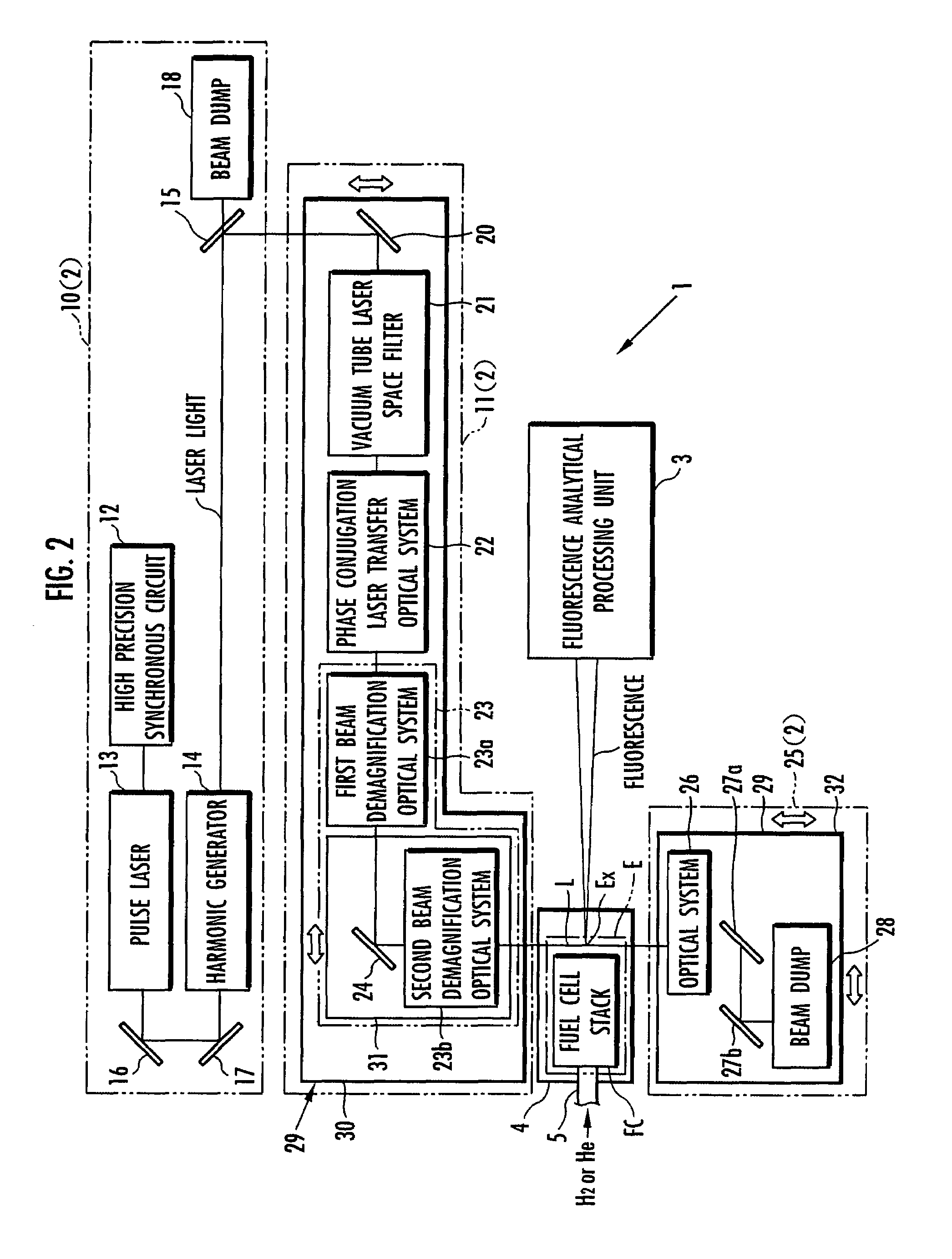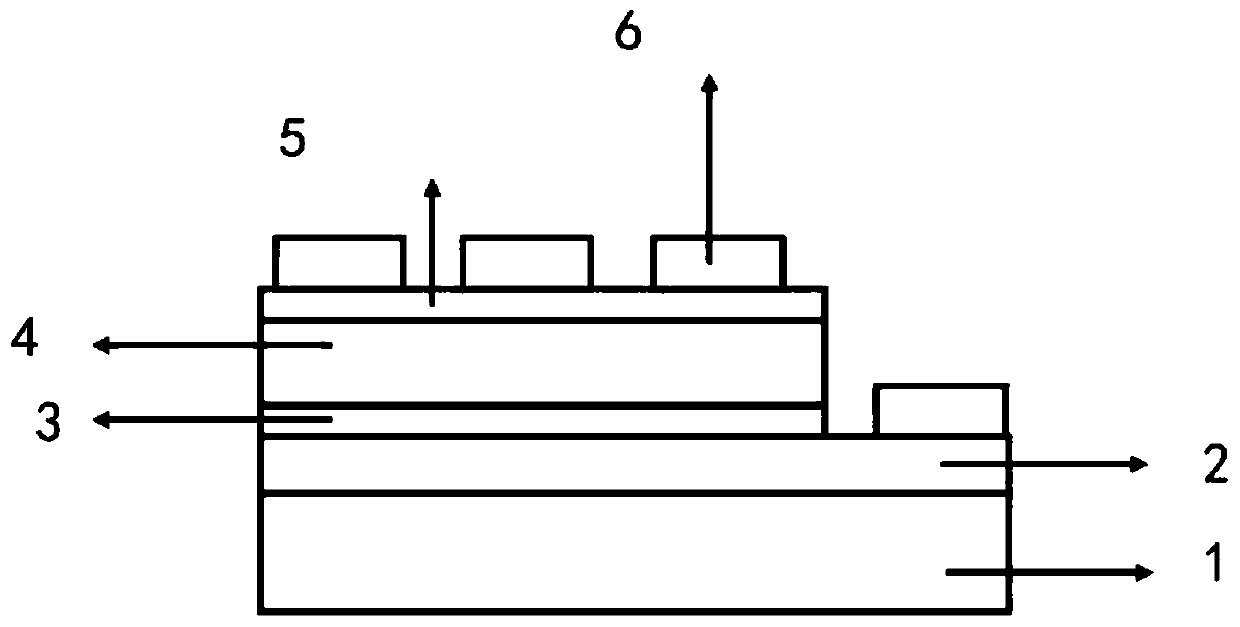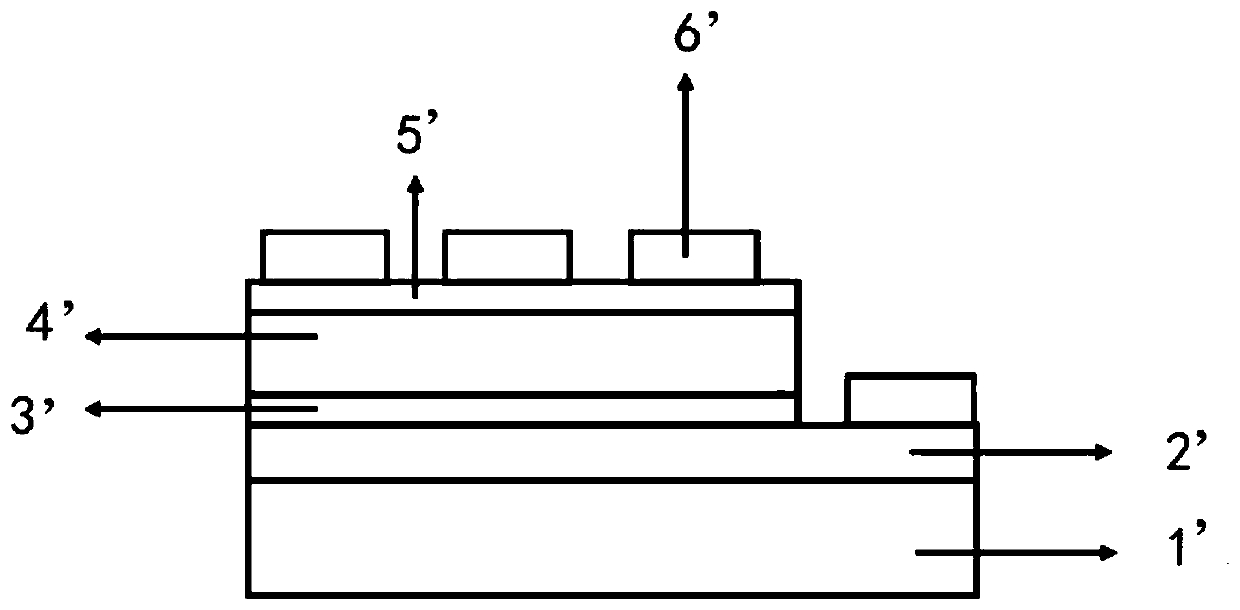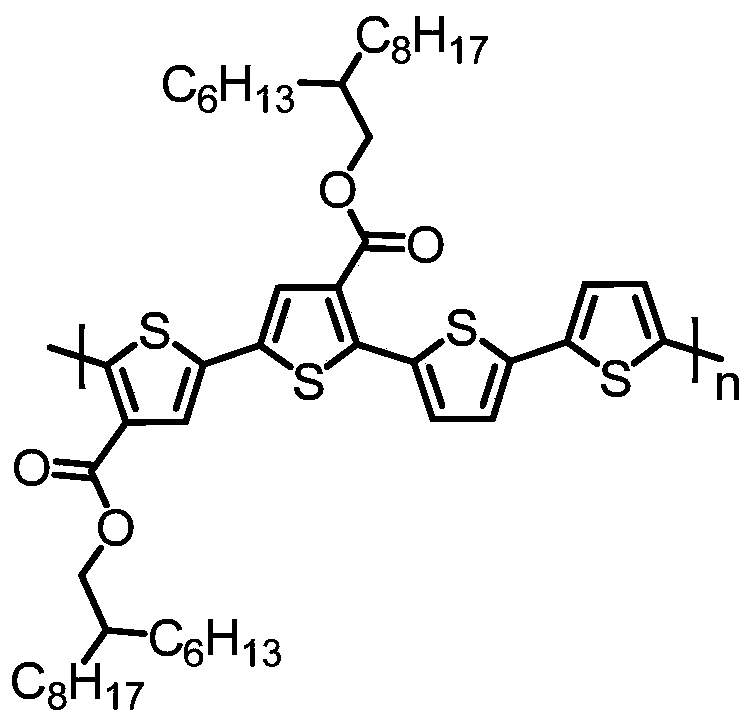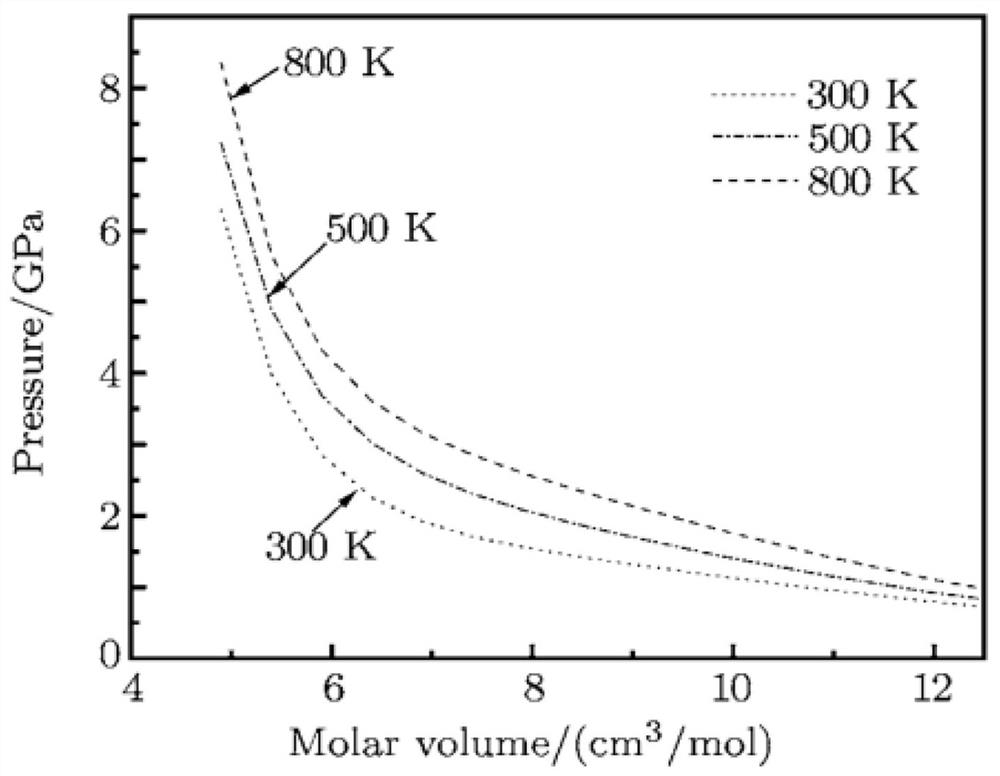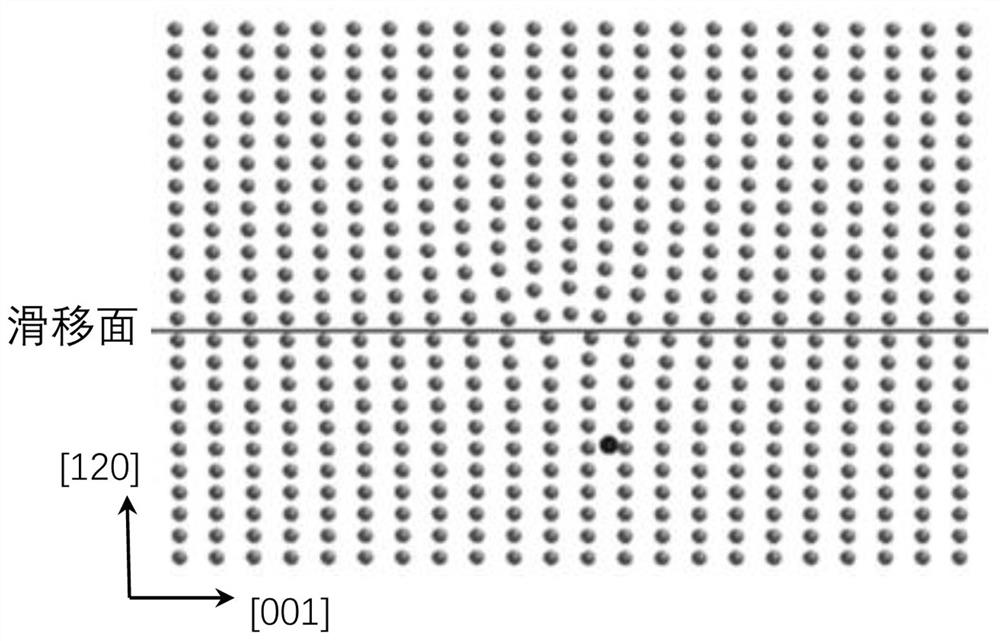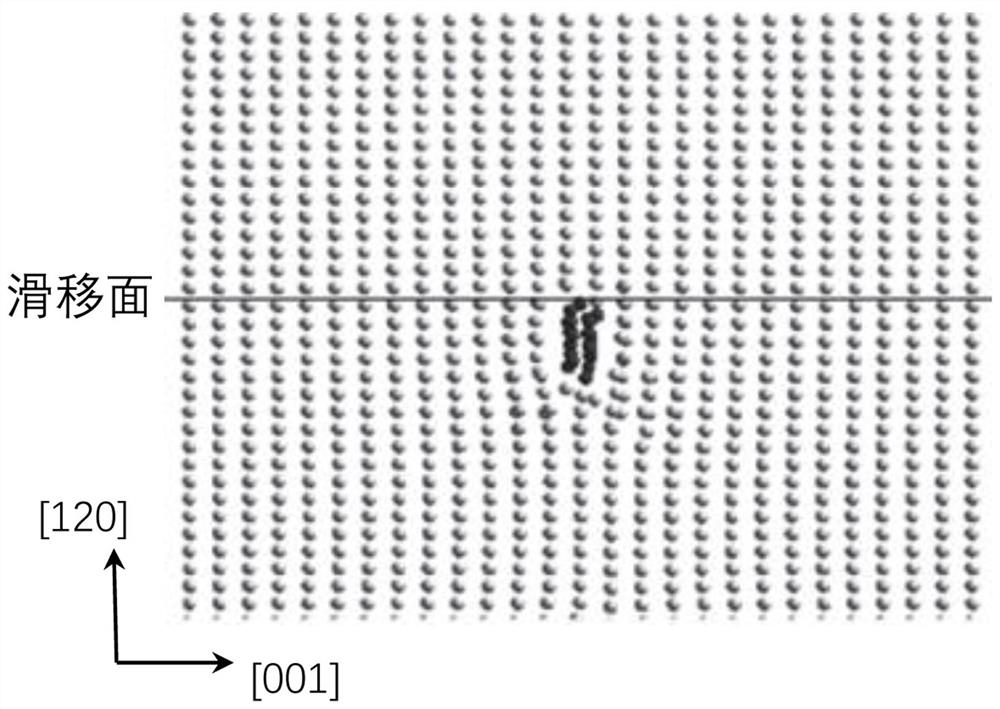Patents
Literature
Hiro is an intelligent assistant for R&D personnel, combined with Patent DNA, to facilitate innovative research.
44 results about "Helium atom" patented technology
Efficacy Topic
Property
Owner
Technical Advancement
Application Domain
Technology Topic
Technology Field Word
Patent Country/Region
Patent Type
Patent Status
Application Year
Inventor
A helium atom is an atom of the chemical element helium. Helium is composed of two electrons bound by the electromagnetic force to a nucleus containing two protons along with either one or two neutrons, depending on the isotope, held together by the strong force. Unlike for hydrogen, a closed-form solution to the Schrödinger equation for the helium atom has not been found. However, various approximations, such as the Hartree–Fock method, can be used to estimate the ground state energy and wavefunction of the atom.
Tetravalent platinum complex with bioactive group and preparation method of tetravalent platinum complex
The invention discloses a tetravalent platinum complex with a bioactive group and a preparation method of the tetravalent platinum complex. The tetravalent platinum complex is a platinum (IV) complex and has the structure shown in the formula II (please see the formula in the description), wherein in the formula II, Y is OH or Cl, and Bio represents the bioactive group. The platinum (IV) complex is prepared according to the equation in the formula III (please see the formula in the description), wherein in the formula III, Y is OH or Cl, Bio-OH represents a compound with bioactivity, TBTU represents a coupling agent O-(benzotriazol-1-yl)-N,N,N',N'-tetramethyluronium tetrafluoroborate, TEA represents a catalyst triethylamine, DMF represents solvent N,N-dimethyl formamide, and DMSO represents solvent dimethylsulfoxide. Cis-platinum is adopted for the bottom face of an octahedron, a small-molecular targeted or medicine active group is introduced to one axial position, a hydroxyl group or helium atom is introduced into another axial position, and the anti-tumor tetravalent platinum complex overcoming cisplatin resistance is provided, so the high-efficiency and low-toxin platinum (IV) complex is obtained.
Owner:SOUTHEAST UNIV
Ion fragmentation by reaction with neutral particles
The invention relates to a method and apparatus for the fragmentation of large molecules, especially biopolymers. The invention consists in reacting analyte ions with excited or radical neutral particles, whereby, at least in the case of bombardment of analyte ions with helium atoms from an FAB generator, a new type of fragmentation occurs which strongly resembles fragmentation by electron capture (ECD). The reactions may be performed in magnetic ion traps (ion cyclotron resonance cells, ICR), in RF ion traps according to Wolfgang Paul, in RF ion guides, or in free beams of analyte ions or neutral particles.
Owner:BRUKER DALTONIK GMBH & CO KG
Ion fragmentation by reaction with neutral particles
ActiveUS20060192100A1Optical radiation measurementSugar derivativesIon trap mass spectrometryAnalyte
The invention relates to a method and apparatus for the fragmentation of large molecules, especially biopolymers. The invention consists in reacting analyte ions with excited or radical neutral particles, whereby, at least in the case of bombardment of analyte ions with helium atoms from an FAB generator, a new type of fragmentation occurs which strongly resembles fragmentation by electron capture (ECD). The reactions may be performed in magnetic ion traps (ion cyclotron resonance cells, ICR), in RF ion traps according to Wolfgang Paul, in RF ion guides, or in free beams of analyte ions or neutral particles.
Owner:BRUKER DALTONIK GMBH & CO KG
SiC Crystal Semiconductor Device
ActiveUS20090039358A1Effectively reducing and eliminatingPolycrystalline material growthDiffusion/dopingSurface layerHydrogen atom
A method for improving the quality of a SiC layer by effectively reducing or eliminating the carrier trapping centers by high temperature annealing and a SiC semiconductor device fabricated by the method. The method for improving the quality of a SiC layer by eliminating or reducing some carrier trapping centers includes the steps of: (a) carrying out ion implantation of carbon atom interstitials (C), silicon atoms, hydrogen atoms, or helium atoms into a shallow surface layer (A) of the starting SiC crystal layer (E) to introduce excess carbon interstitials into the implanted surface layer, and (b) heating the layer for making the carbon interstitials (C) to diffuse out from the implanted surface layer (A) into a bulk layer (E) and for making the electrically active point defects in the bulk layer inactive. After the above steps, the surface layer (A) can be etched or mechanically removed. The SiC semiconductor device is fabricated by the method.
Owner:CENTRAL RESEARCH INSTITUTE OF ELECTRIC POWER INDUSTRY
Method for improving the quality of an SiC crystal and an SiC semiconductor device
ActiveUS20080026544A1Improve device characteristicsCarrier trapping centers can be effectively reduced or eliminatedPolycrystalline material growthDiffusion/dopingTrappingHelium atom
It is an object to provide a method for improving the quality of an SiC layer by effectively reducing or eliminating the carrier trapping centers by high temperature annealing and an SiC semiconductor device fabricated by the method.A method for improving the quality of an SiC layer by eliminating or reducing some carrier trapping centers comprising the steps of:(a) carrying out ion implantation of carbon atoms (C), silicon atoms, hydrogen atoms, or helium atoms into a shallow surface layer (A) of the starting SiC crystal layer (E) to introduce excess carbon interstitials into the implanted surface layer, and(b) heating the layer for making the carbon interstitials (C) to diffuse out from the implanted surface layer (A) into a bulk layer (E) and for making the electrically active point defects in the bulk layer inactive. After the above steps, the surface layer (A) can be etched or mechanically removed. A semiconductor device according to the invention is fabricated by the method.
Owner:CENTRAL RESEARCH INSTITUTE OF ELECTRIC POWER INDUSTRY
Bridged diamidino group-IV metal catalyst and method for preparing same
The invention provides a bridged diamidino group-IV metal catalyst, which relates to an olefin polymerization catalyst, in particular to a compound taking metals of a group IV as central atoms and a seven-element skeleton with an N-C-N-Si-N-C-N characteristic as a ligand. A method for preparing the bridged diamidino group-IV metal catalyst comprises the following steps: in the protection of nitrogen, taking bridging diamine as an initial raw material and converting the bridging diamine into a dilithium salt by utilizing butyl lithium; adding cyanophenyl into the dilithium salt to produce an addition reaction, forming a bridged diamidino ligand after migrating a silicon base twice, and performing a complex reaction on the polydentate ligand and group-IV metal chloride of the group IV to prepare bridged diamidino group-IV metal chloride; and reacting lithium methide with the bridged diamidino group-IV metal chloride to displace helium atoms to produce a methyl substitute. The synthesis method has the advantages of universal applicability, moderate reaction condition, simple and easily-obtained materials, low cost, simple steps and relatively higher productivity. The compound has good catalytic effect on the polyreaction of olefin.
Owner:SHANXI UNIV
Preparation method for titanium dioxide nano particle fluorescence probe for detection DDT
ActiveCN106967416AHigh fluorescence intensityLarge specific surface areaPhysical/chemical process catalystsFluorescence/phosphorescenceHelium atomSilicon dioxide
The invention discloses a preparation method for a titanium dioxide nano particle fluorescence probe for detection DDT. In the method, TiO2 is used as a core, and modified with 4-chloro-7-nitrobenzofuran fluorescence probe and aminopropyl functional groups on the surface, and at last quasi target molecules are printed on the surface, so that a silicon dioxide printed shell layer is formed. The preparation process of the fluorescence probe comprises three steps of 1, preparation of a fluorescence precursor; 2, silanization of the quasi target molecules, and 3, preparation and elution of the titanium dioxide nanoparticles printed with the quasi target molecules. The target molecule DDT enters a recognition site, a helium atom of the DDT and a hydrogen atom of aminopropyl form a hydrogen bond, so that the aminopropyl is stable, when in optical excitation, electrons of the nitrogen atom on the aminopropyl is prevented from being transferred to an NBD-APTS compound, fluorescence strength of the compound is enhanced according to a photoinduced electron transfer mechanism, recognition and detection of the DDT molecule are achieved by matching print sites and changing the fluorescence strength, photocatalysis of TiO2 is excited by changing an excitation wavelength, and thus degradation of the DDT molecule is achieved.
Owner:HEFEI UNIV
Method for cleaning germanium sheet and passivating surface of germanium sheet
InactiveCN103681245AImprove handling of some deficienciesEfficient removalSemiconductor/solid-state device manufacturingHelium atomHydrogen peroxide
The invention discloses a method for cleaning a germanium sheet and passivating the surface of the germanium sheet. The method comprises: selecting the germanium sheet, putting the germanium sheet into acetone and ethanol solutions to clean by ultrasonic wave respectively so as to remove organic pollutant on the surface of the germanium sheet; cleaning the germanium sheet by hydrochloric acid solution and deionized water to remove irregular intrinsic germanium oxide thin films and metal ions remained on the surface of the germanium sheet; putting the germanium sheet into mixed solution of hydrogen peroxide and ammonium hydroxide to generate a layer of germanium oxide thin film on the surface of the germanium sheet as a sacrificial layer, and thus removing defects on the surface of the germanium sheet; passivating the germanium sheet by hydrochloric acid solution so as to modify dangling bonds on the surface of germanium by helium atoms, and thus obtaining stable germanium surface. The method for cleaning the germanium sheet and passivating the surface of the germanium sheet has the advantages of simple operation, convenience to use, low cost and obvious passivation effect.
Owner:INST OF MICROELECTRONICS CHINESE ACAD OF SCI
Pretreatment method of selective epitaxial growth process and semiconductor device manufacturing method
InactiveCN103943494AHigh selectivityAchieve removalSemiconductor/solid-state device manufacturingSemiconductor devicesPretreatment methodHelium atom
The invention provides a pretreatment method of the selective epitaxial growth process and a semiconductor device manufacturing method. The surface of a semiconductor substrate is processed through halogen-contained gas. As the halogen-contained gas has the etching performance, unsmooth defects on the surface of the semiconductor substrate can be recovered, and epitaxial growth films with fewer defects or free of defects are accordingly obtained. As halogen atoms can be bonded with semiconductor substrate silicon, the surface of the semiconductor substrate is occupied by helium atoms; meanwhile, the adsorption capacity of the helium atoms on the silicon surface is higher than the adsorption capacity of oxygen atoms, so that oxygen on the surface of the surface of the semiconductor substrate can be further removed, and surface passivation can be formed. When silicon germanium or silicon carbide is selectively grown, the halogen atoms are replaced by germanium or carbon, and the selectivity of the epitaxial growth films is improved.
Owner:SHANGHAI HUALI MICROELECTRONICS CORP
Energy generation by nuclear acoustic resonance
InactiveUS20110044419A1Improve conductivityWeaken energyNuclear energy generationLow temperature fusion reactorElectrolysisHelium atom
The present invention solves the problems of reliably initiating a low energy fusion reaction by loading deuterium into palladium metal via the process of electrolysis and by initiating the fusion reaction via the application of nuclear acoustic resonance. Affixed on each side of an electrolysis cell are piezoelectric transducers driven by corresponding frequency synthesizers. Surrounding the cell is a magnetic field produced by a magnetic field generator. The application of nuclear acoustic resonance, i.e. the combined application of an alternating magnetic field and of high frequency acoustic waves causes the deuterium atoms resident in the closely packed palladium metallic lattice to fuse into helium atoms with the consequent release of energy that is inherent to the fusion process.
Owner:COOK JAMES H
Polycarboxylate superplasticizer composition and application thereof
The invention discloses a polycarboxylate superplasticizer composition which is prepared from a polycarboxylate superplasticizer and an adsorption shielding agent. The adsorption shielding agent has the chemical structural formula shown as (1), wherein the value of a ranges from 0 to 100; the value of b ranges from 200 to 3000; the value of c ranges from 2 to 10; R1 represents methyl or hydrogen atoms; R2 represents methyl, hydrogen atoms, helium atoms or bromine atoms; R3 represents methyl, hydrogen atoms, helium atoms, bromine atoms or hydroxy; R4 represents methyl or hydrogen atoms. The polycarboxylate superplasticizer composition has the good clay-resisting performance, and can be used for decreasing the sensibility of concrete or mortar to gravel raw materials with high mud content.
Owner:SHANGHAI SUNRISE POLYMER MATERIAL CO LTD
Cold fusion apparatus
PendingUS20070140400A1Reduce decreaseProtect environmentNuclear energy generationLow temperature fusion reactorHelium atomEngineering
In accordance with the present invention, this invention creates the process of cold fusion with the creation of electromagnetic scalar waves and the deuterium loading of cathode in the invention. This process of combining the deuterium loading and current flow of the cathode with the electromagnetic scalar waves are used to allow temporary changes of the columbic barrier and the van der walls forces to lower levels that will allow fusion of the deuterium atoms in the helium atoms and the release of energy that is involved. Once all these conditions are met cold fusion will occur.
Owner:HODGSON JOHN ANDREW
Anti-bacterial high polymer material and preparation method and application thereof
The invention relates to an anti-bacterial high polymer material and a preparation method and application thereof. The anti-bacterial high polymer material is derived by cyanuric chloride, contains menthol side groups and has an anti-bacterial effect. The anti-bacterial high polymer material is synthesized through condensation polymerization of a diamino compound and two helium atoms in a polymerizable monomeric compound derived by the cyanuric chloride. The anti-bacterial high polymer material has an efficient anti-bacterial effect, the cost is low, the structure is simple, and preparation iseasy. The anti-bacterial high polymer material can be widely used in industries of sanitation or environment protection or medical treatment.
Owner:BEIJING UNIV OF CHEM TECH
Atomic magnetometer probe based on optical virtual magnetic field technology
ActiveCN112180302ARealize high sensitivity measurementImprove signal-to-noise ratioMagnetic sensor packagingWater resource assessmentHelium atomHemt circuits
The invention discloses an atomic magnetometer probe based on an optical virtual magnetic field technology, which relates to the technical field of atomic magnetometers, and aims to solve the problemsthat the existing atomic magnetometer is low in signal-to-noise ratio and cannot perform high-sensitivity measurement on a magnetic field. The atomic magnetometer probe comprises a laser, a 1 / 2 waveplate, a polarization beam splitter prism, a 1 / 4 wave plate, an atomic gas chamber, a photoelectric detector, a semi-transparent and semi-reflective mirror, a frequency discrimination module and a PIDfeedback circuit. The atomic magnetometer probe utilizes laser to control atoms to extract magnetic field information sensed by the atoms, namely, utilizes the relationship between the spin of unpaired electrons or helium atom electrons on the outer layer of gaseous alkali metal cesium atoms and a magnetic field, controls the electron energy level transition in the atoms through an optical method, and realizes the frequency measurement of atomic Larmor precession, and thus, high-sensitivity measurement of the atomic magnetometer on the magnetic field is realized. The atomic magnetometer probeis suitable for the detection field.
Owner:NO 49 INST CHINESE ELECTRONICS SCI & TECH GRP
Laser helium optical pump magnetic measurement device
InactiveCN104459581AHigh sensitivityHigh precisionElectric/magnetic detectionMeasurements using magnetic resonanceMicrocontrollerSignal processing circuits
The invention relates to a laser helium optical pump magnetic measurement device. A laser device and frequency stabilizing unit is connected with an optical fiber through an optical coupling head, the optical fiber is connected with a helium chamber and accessory through an optical fiber fixing support, and the helium chamber and accessory is connected with a single chip microcomputer through a cable, so that the laser helium optical pump magnetic measurement device is formed. Compared with a helium lamp, the power consumed by a 1083nm helium atom single frequency semiconductor laser device is far less than the power consumed by the helium lamp under the same environment conditions. The 1083nm helium atom single frequency semiconductor laser device is used for replacing the helium lamp; because emitted laser beam spectral lines are narrow in range and are concentrated, detection signals of a photoelectric detector in a probe are strengthened under the circumstance that consumed power is low, design of a follow-up signal processing circuit is facilitated, the sensitivity and accuracy of an instrument can be greatly improved, magnetic information response of a detected object is more obvious and effective, analyzing and processing of measured magnetic field data are facilitated, and power consumption of the magnetic measurement device is greatly reduced while the strength of photoelectric detection signals is remarkably improved.
Owner:JILIN UNIV
Method for replacing helium atoms on film layer
InactiveCN102956430AAvoid affecting electrical performanceReduce ion concentrationElectric discharge tubesSemiconductor/solid-state device manufacturingHelium atomTransistor
The invention discloses a method for replacing helium atoms on a film layer. According to the method provided by the invention, the volume ratio of a gas inside gas mixture is reduced in a plasma treatment program (ions formed after that gas is dissociated can generate etching reaction with the film layer), so that replacing ions for replacing the helium atoms is sufficient after the gas mixture is dissociated. Therefore, the etching reaction on the film layer is reduced in a process of replacing the helium atoms. With the adoption of the method provided by the invention, the problem of re-etching in the prior art can be improved, so that the electricity of a thin film transistor can be prevented from being influenced. Compared with the conventional manufacturing process in which pure oxygen is used for treating, the method has the advantage of reducing the process time, so that the yield can be improved.
Owner:SHENZHEN CHINA STAR OPTOELECTRONICS TECH CO LTD
Preparation method of helium-containing W-based nanocrystalline film material
InactiveCN108914075AOvercoming the problem of coarse grainUniform concentrationVacuum evaporation coatingSputtering coatingHelium atomDepth direction
The invention discloses a preparation method of a helium-containing W-based nanocrystalline film material, for the first time, a W-based target material is sputtered and deposited in a He / Ar mixed atmosphere by a magnetron sputtering method for realizing preparation of the helium-containing W-based nanocrystalline film material on a substrate. The preparation method can effectively overcome the problem of coarse grains of W-based bulks prepared by traditional powder metallurgy and other methods, realizes the preparation of W-based samples with nano-scale crystal grain size, effectively overcomes the problems of uncontrollable temperature caused by temperature increase of the surface of the material and uneven distribution of helium atoms on the surface of the material in the depth direction when helium is injected by an accelerator in the traditional methods, and can realize uniform and controllable injection of the helium atoms into the W-based material.
Owner:HEFEI INSTITUTES OF PHYSICAL SCIENCE - CHINESE ACAD OF SCI
Laser Analytical Instrument, Laser Analytical Method, and Gas Leak Inspection Instrument
InactiveUS20080121814A1Easy to identifySimple and inexpensive configurationPhotometryMaterial analysis by optical meansHigh energyHelium atom
Laser light generated from laser light generating means (10) is fed through laser light transfer means (11) including a demagnification optical system (23) so as to be condensed in a part Ex where an object gas of analysis exists. The laser light is imparted with energy for causing a multiple photon excitation phenomenon or a multiple photon ionization phenomenon of gas in the condensed part Ex. The energy of the laser light is large enough for 17 eV or higher energy to be injected into a hydrogen molecule when the object gas of analysis is hydrogen and for 23 eV or higher energy to be injected into a helium atom when the object gas of analysis is helium. For example, the intensity of the laser light in the condensed part Ex is 1014 W / cm2 or higher. This provides a laser analytical instrument capable of observing various types of gas through an inexpensive and simple arrangement.
Owner:HORI MASAKI +2
A kind of polycarboxylate superplasticizer composition and its application
The invention discloses a polycarboxylate superplasticizer composition which is prepared from a polycarboxylate superplasticizer and an adsorption shielding agent. The adsorption shielding agent has the chemical structural formula shown as (1), wherein the value of a ranges from 0 to 100; the value of b ranges from 200 to 3000; the value of c ranges from 2 to 10; R1 represents methyl or hydrogen atoms; R2 represents methyl, hydrogen atoms, helium atoms or bromine atoms; R3 represents methyl, hydrogen atoms, helium atoms, bromine atoms or hydroxy; R4 represents methyl or hydrogen atoms. The polycarboxylate superplasticizer composition has the good clay-resisting performance, and can be used for decreasing the sensibility of concrete or mortar to gravel raw materials with high mud content.
Owner:SHANGHAI SUNRISE POLYMER MATERIAL CO LTD
Thermal analysis device for existence state of helium in tritium storage material
PendingCN112485285AOvercoming demanding requirements for analytical precisionEnsure safetyMaterial analysis by electric/magnetic meansInvestigating phase/state changeHelium atomMass analyzer
The invention provides a thermal analysis device for the existence state of helium in a tritium storage material. The device comprises a sample chamber, a quadrupole mass spectrometer, a getter bed II, a molecular pump I and a mechanical pump I. Through the reasonable layout design of a vacuum pipeline, desorbed helium atoms are measured by adopting a quadrupole mass spectrometry method; the device overcomes the harsh requirements of the traditional thermal analysis method for directly measuring the analysis precision of the temperature, heat, mass state and the like of the sample, and avoidsinfluence of the phenomena of phase transformation, crystallization, oxidation and the like of the material on helium measurement in the thermal analysis process. Due to the design of the other branchgetter beds, the discharge of tritium to the environment is further reduced, and the technical problems of radiation protection, discharge and the like of tritium are solved.
Owner:INST OF NUCLEAR PHYSICS & CHEM CHINA ACADEMY OF
Compound with plant-growth regulating activity and preparation method of compound
The invention discloses a compound with plant-growth regulating activity. The compound has a structure in a genera formula (I), wherein in the general formula (I), R and R1 are various substituent groups on a benzene ring; R represents a hydrogen atom, alkyl, a fluorine atom, a helium atom, nitryl and trifluoromethyl; R1 represents the hydrogen atom and the fluorine atom, or R and R1 are -CH=CH-CH=CH- and is respectively connected with the second and third bits or the third and fourth bits of the benzene ring. The compound is prepared from ferrocene ethyl ketoxime reacting with substituted benzene isocyanide acid ester. The invention also provides application of the compound as an effective component of a plant growth regulator.
Owner:HUAZHONG AGRI UNIV
Triester-based quaternary ammonium salt positive ion collecting agent and preparation method and application thereof
The invention discloses a triester-based quaternary ammonium salt positive ion collecting agent. The general formula I of the collecting agent is as follows, FORMULA, wherein n is any integer from 1 to 3, R is selected from straight chain or branched chain alkyl groups of C12-C21, and X is selected from a helium atom or a bromine atom. A molecule of the triester-based quaternary ammonium salt positive ion collecting agent contains a hydrophilic group hydroxyl which is easy to dissolve; when being applied to mineral flotation, the collecting agent is high in collecting performance and selectivity; formed foams are fine, fragile and easy to eliminate; when the collecting agent is used, no acid is needed to be added for dissolving, so that equipment cannot be corroded; meanwhile, the collecting agent is good in flotation effect under a low-temperature condition; the preparation technology is simple and easy to operate; the triester-based quaternary ammonium salt positive ion collecting agent is environment-friendly.
Owner:WUHAN UNIV OF TECH
Cesium-helium mixed atom electrodeless lamp and cesium excitation state spectrum method using same
ActiveCN106602400ALow costSimple structureActive medium materialEnergy efficient lightingHelium atomFluorescence
The invention relates to a cesium-helium mixed atom electrodeless lamp comprising the following units: a gas chamber filled with cesium-helium mixed atoms; a radio frequency coupling coil evenly winded on the outer wall of the gas chamber and used for forming a radiofrequency field in the gas chamber; a radio frequency power amplifier module connected with the radio frequency coupling coil and used for providing a radio frequency power exciting the helium atom to form transition spectral line fluorescence from the first excitation state to the ground state; a shield box having light holes on two ends, wherein the gas chamber is arranged in the shield box, and the gas chamber end faces aim at the light holes of the shield box; the gas chamber is made of high light transmission material; the outer wall besides the end face of the gas chamber is provided with a coating used for highly reflecting the helium atom transition spectral line fluorescence formed between the first excitation state to the ground state; the invention also relates to a cesium excitation state spectrum method using the cesium-helium mixed atom electrodeless lamp; the cesium-helium mixed atom electrodeless lamp is simple in structure, low in cost, and high in efficiency.
Owner:ZHEJIANG UNIV CITY COLLEGE
Selectively passing material and preparation method thereof
ActiveCN104934091ASolving Manufacturing ChallengesExcellent selective pass performanceRadiation electrical energyNeutron irradiationForeign technology
The present invention discloses a selectively passing material and a preparation method thereof, belonging to the technical field of materials. The selectively passing material is provided with a channel used for passing of helium, the channel is formed by a release process of helium which is generated by neutron irradiation for the material. The preparation method of the selectively passing material comprises the steps of: mixing powdery metal with powdery <10>B elementary substance / compound; sintering the mixture to obtain a matrix; then performing neutron irradiation processing on the obtained matrix; and finally performing heating processing on the matrix which is subjected to the neutron irradiation processing to release the helium generated by the neutron irradiation to form the selectively passing material. According to the selectively passing material and the preparation method of the present invention, the problem of preparing a <238>Pu helium-passing plutonium-blocking material is solved, and the characteristic that <10>B reacts with neutron to generate helium is ingeniously utilized to form a specific channel for diffusion of helium atoms, excellent selectively passing performance is achieved, in addition, the condition of each step of the preparation process can be easily controlled, thereby avoiding the disadvantages of low yield and unstable quality of foreign technology, and the selectively passing material also can be used as a helium-passing window material for being popularized and applied to alpha decay isotopes besides the <238>Pu.
Owner:INST OF NUCLEAR PHYSICS & CHEM CHINA ACADEMY OF
High-performance pore filling and copper plating solution
InactiveCN105696035AImprove toleranceExtend your lifePrinted element electric connection formationCopper platingHelium atom
The invention provides a high-performance pore filling and copper plating solution which comprises a basic solution and a copper plating additive. The basic solution is copper methane sulfonate and methanesulfonic acid, and the copper plating additive is a macromolecule polymer prepared from an organic amine monomer, chloropropene, sulfur dioxide and the like through a polymerization reaction. Compared with the prior art, helium atoms and sulfur dioxide groups are creatively introduced into the amine monomer, and the novel high-performance copper plating additive is formed through polymerization. On the one hand, the unitary copper plating additive is applied to pore filling electroplating, production and control are easy, and therefore the pore filling and copper plating production efficiency is effectively improved; on the other hand, due to the fact that the unitary electroplating additive is combined with the copper methane sulfonate and methanesulfonic acid system, tolerance to organic carbon is high, the solution service life is long, the additive is small in dosage and small in consumption, and copper plating quality is greatly improved.
Owner:杭州乐芙新材料科技有限公司
Wheat field weeding composite and application thereof
Owner:JIANGSU KINGAGROOT WEED MANAGEMENT CO LTD
Laser analytical instrument, laser analytical method, and gas leak inspection instrument
InactiveUS7663122B2Simple and inexpensive configurationEasy to identifyPhotometryMaterial analysis by optical meansHigh energyHelium atom
Laser light generated from laser light generating means (10) is fed through laser light transfer means (11) including a demagnification optical system (23) so as to be condensed in a part Ex where an object gas of analysis exists. The laser light is imparted with energy for causing a multiple photon excitation phenomenon or a multiple photon ionization phenomenon of gas in the condensed part Ex. The energy of the laser light is large enough for 17 eV or higher energy to be injected into a hydrogen molecule when the object gas of analysis is hydrogen and for 23 eV or higher energy to be injected into a helium atom when the object gas of analysis is helium. For example, the intensity of the laser light in the condensed part Ex is 1014 W / cm2 or higher. This provides a laser analytical instrument capable of observing various types of gas through an inexpensive and simple arrangement.
Owner:HORI MASAKI +2
Chlorine replaced polythiophene derivative and solar battery
ActiveCN110240694APull down the HOMO energy levelLower HOMO levelSolid-state devicesSemiconductor/solid-state device manufacturingElectricityTerthiophene
The invention belongs to the technical field of organic photoelectricity, and particularly relates to a chlorine replaced polythiophene derivative and a solar battery. The chlorine replaced polythiophene derivative is characterized by being shown as a formula (I) shown in the accompanying drawing, wherein X and X' are H, F or Cl; R is C8-C24; n is a repeated unit. An electron withdrawing group is introduced into a thiophene compound; the HOMO energy grade of a polymer can be pulled down. The helium atom has high electricity negative performance. The helium atom is introduced into the conjugated polymer, so that the lower HOMO energy grade can be realized. More importantly, the chlorine replaced polymer can be more easily synthesized and can be obtained by using commercial raw materials by a simple synthesis method.
Owner:TIANJIN UNIV
Phenoxymethyldisilane and its preparation method
InactiveCN103265570BImprove heat resistanceEasy to purifySilicon organic compoundsHeat-exchange elementsDisilaneHelium atom
The invention discloses phenoxylmethyl siloxane shown as the formula (I) and a preparation method of phenoxylmethyl siloxane. The preparation method of the compound comprises the following steps of: taking raw materials according to the mole ratio of helium atoms in high-boiling-point chlorosilane waste liquid to phenol being 1: (1-1.5); adding phenol into a reactor, and dropwise adding the high-boiling-point chlorosilane waste liquid into the reactor at the temperature of 40 DEG C; after the dropwise adding operation is ended, heating to 60-100 DEG C, and reacting for 8-13h until no HCl is discharged; and carrying out reduced pressure distillation on the reacted materials, removing byproducts distilled at the temperature lower than 170 DEG C and incompletely-reacted phenol, and then, collecting a fraction, i.e., phenoxylmethyl siloxane as a product distilled at the temperature of 230-260 DEG C. The high-boiling-point chlorosilane waste liquid as an industrial waste is used as the raw material, and obtained phenoxylmethyl siloxane has good thermal stability, oxidation resistance and a high flash point and is suitable for hydraulic oil, diffusion pump oil and conduction oil. The formula of phenoxylmethyl siloxane is shown as (RO)nSi-Si(CH3)6-n (I).
Owner:SOUTHWEAT UNIV OF SCI & TECH
Method for preparing helium crystals under normal pressure
The invention belongs to the technical field of celestial physics and nuclear materials, and particularly relates to a method for preparing helium crystals under normal pressure. According to the method, only a low-temperature condition needs to be provided, a system is kept at a constant temperature, low-energy helium atoms are injected into a titanium metal substrate layer with dislocation and small-angle grain boundaries one by one, and due to the pressure action of a titanium substrate, the helium atoms migrate, gather and nucleate on the titanium metal substrate layer and gradually grow towards a slip plane. Along with continuous introduction of helium and continuous growth of helium bubbles, the atom arrangement is always kept in a close-packed hexagonal crystal structure to form helium crystals, crystal helium of the close-packed hexagonal structure can be prepared by utilizing the pressure intensity in metal, the condition limitation that helium is liquefied or solidified by utilizing a high-pressure device traditionally is broken through, and normal-pressure preparation of the helium crystals becomes possible.
Owner:NORTH CHINA UNIV OF WATER RESOURCES & ELECTRIC POWER
Features
- R&D
- Intellectual Property
- Life Sciences
- Materials
- Tech Scout
Why Patsnap Eureka
- Unparalleled Data Quality
- Higher Quality Content
- 60% Fewer Hallucinations
Social media
Patsnap Eureka Blog
Learn More Browse by: Latest US Patents, China's latest patents, Technical Efficacy Thesaurus, Application Domain, Technology Topic, Popular Technical Reports.
© 2025 PatSnap. All rights reserved.Legal|Privacy policy|Modern Slavery Act Transparency Statement|Sitemap|About US| Contact US: help@patsnap.com
